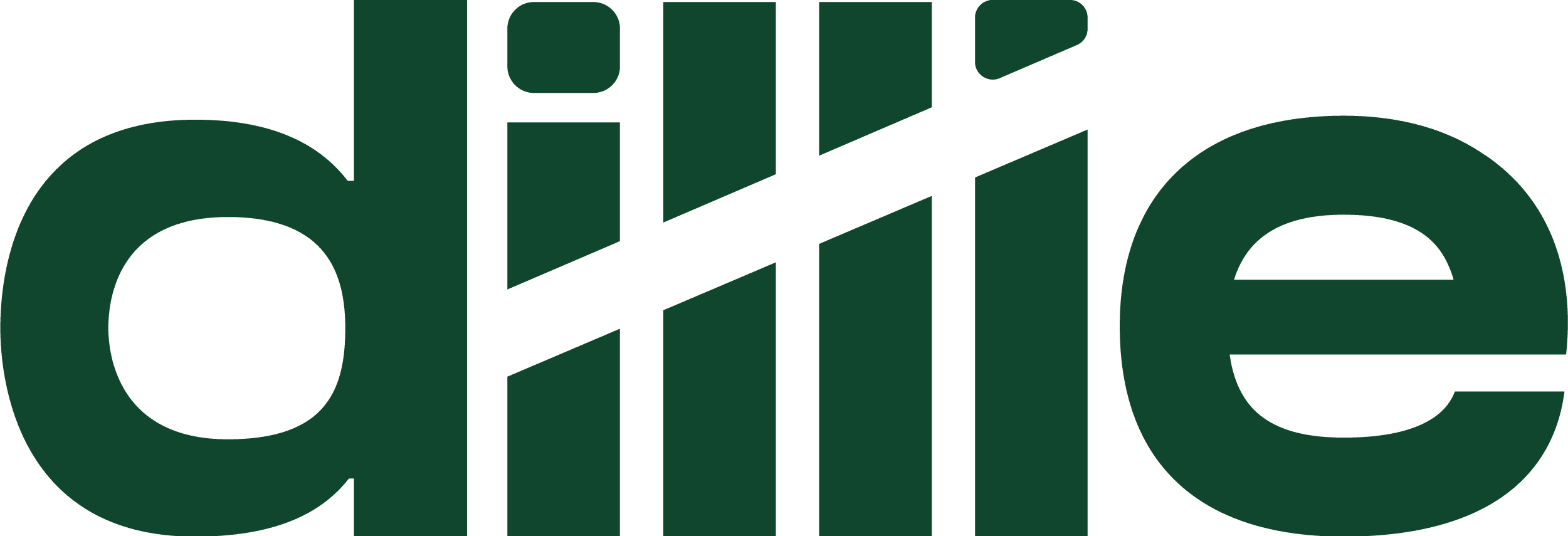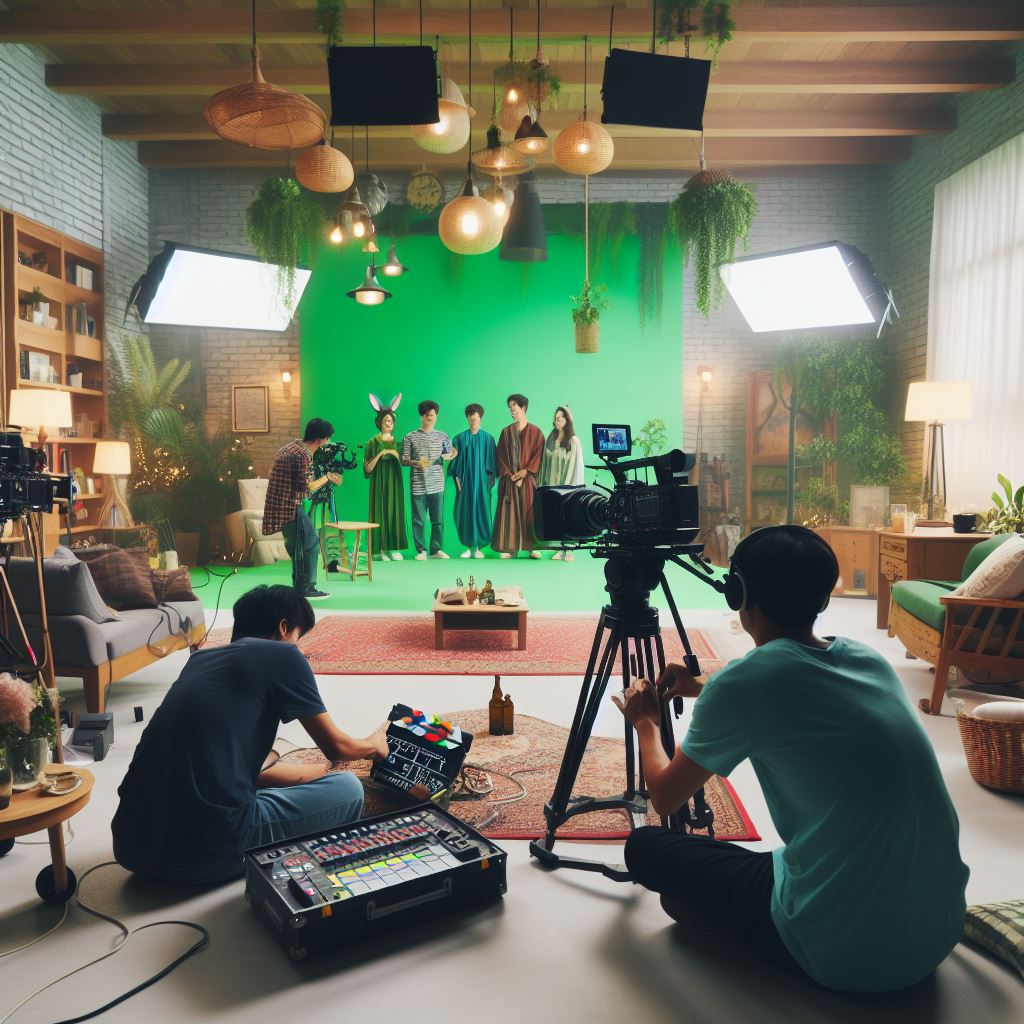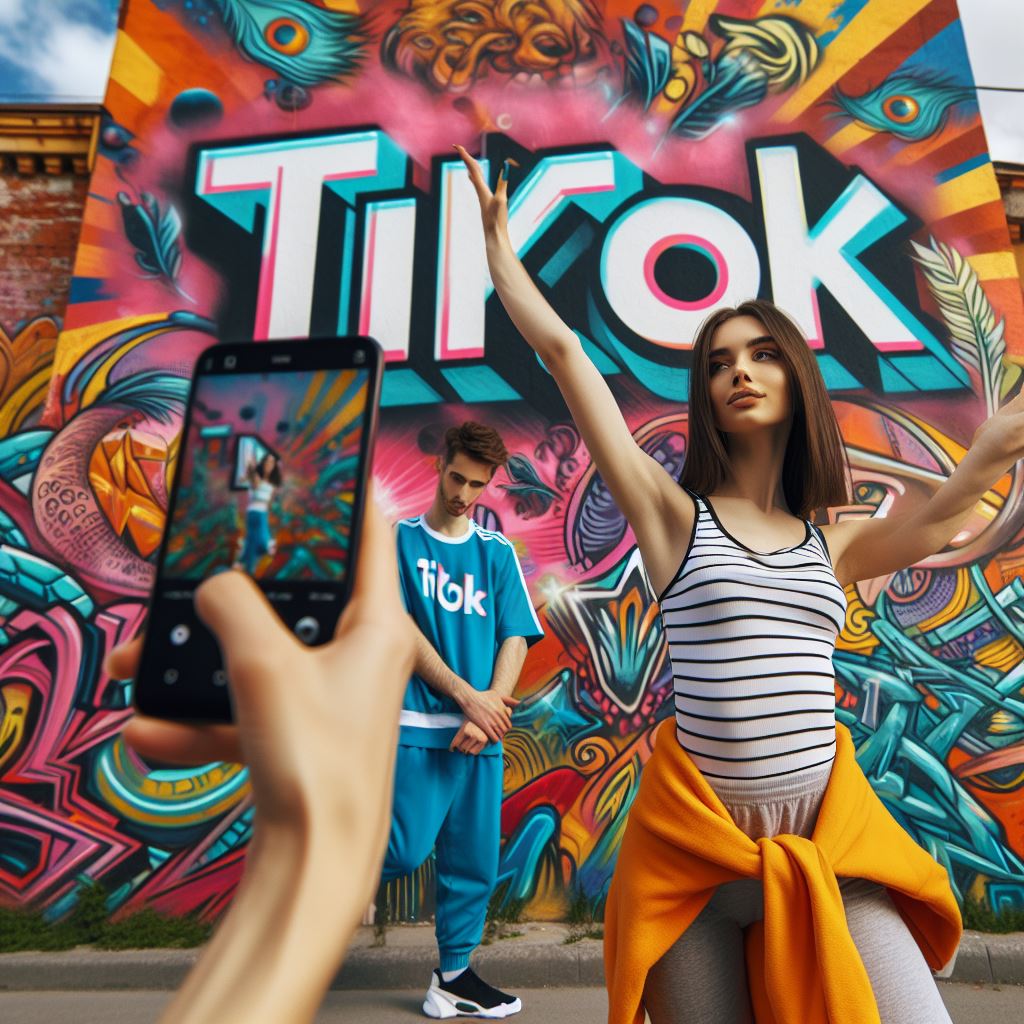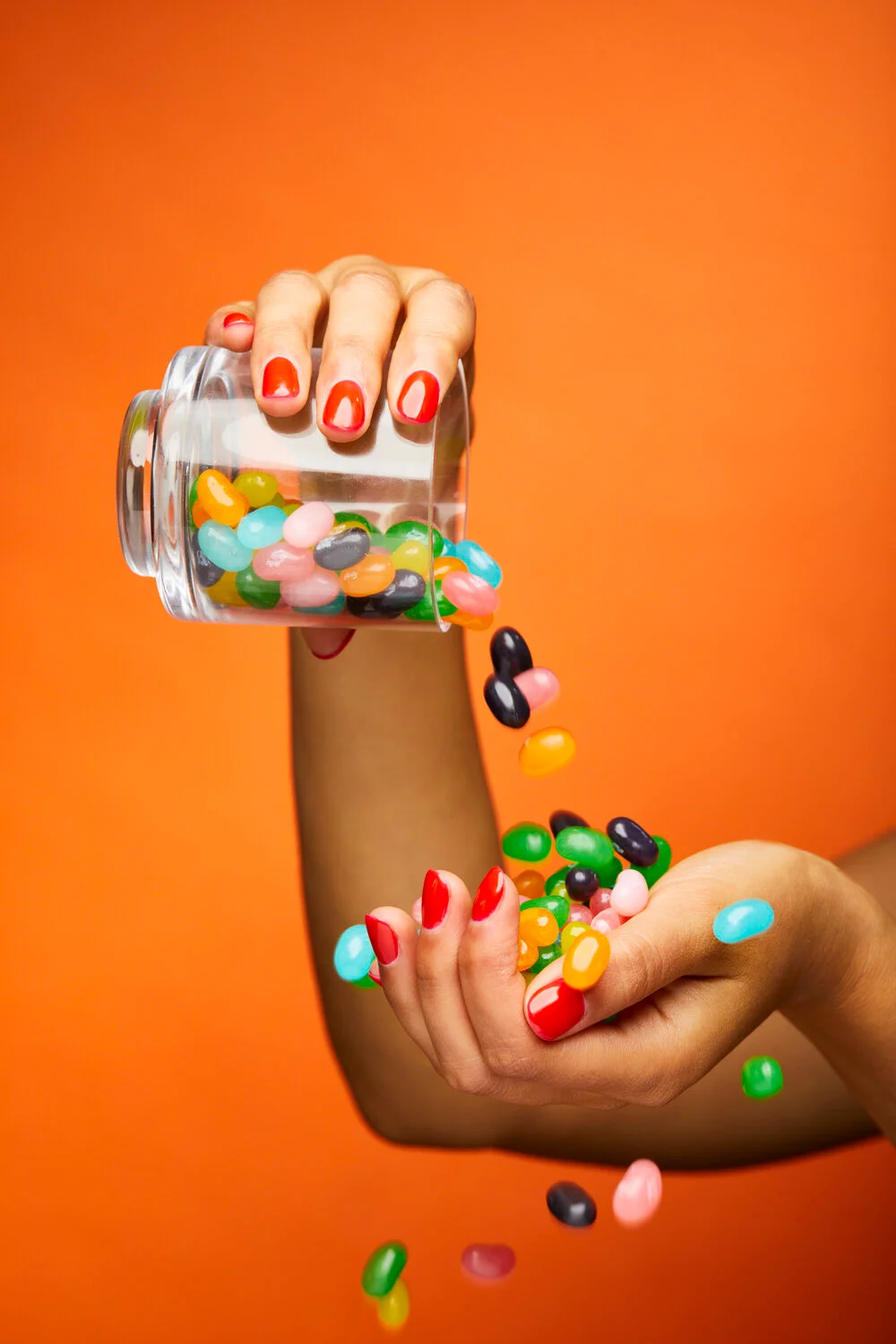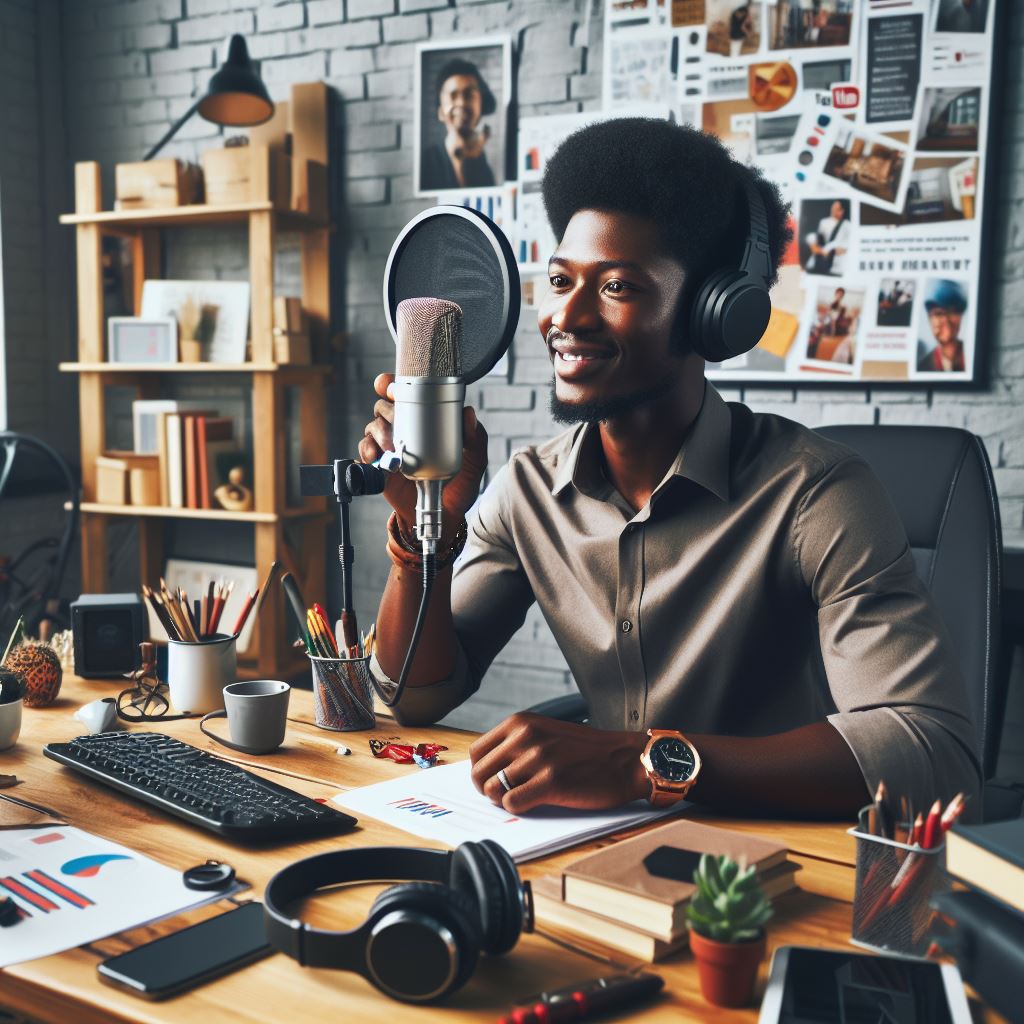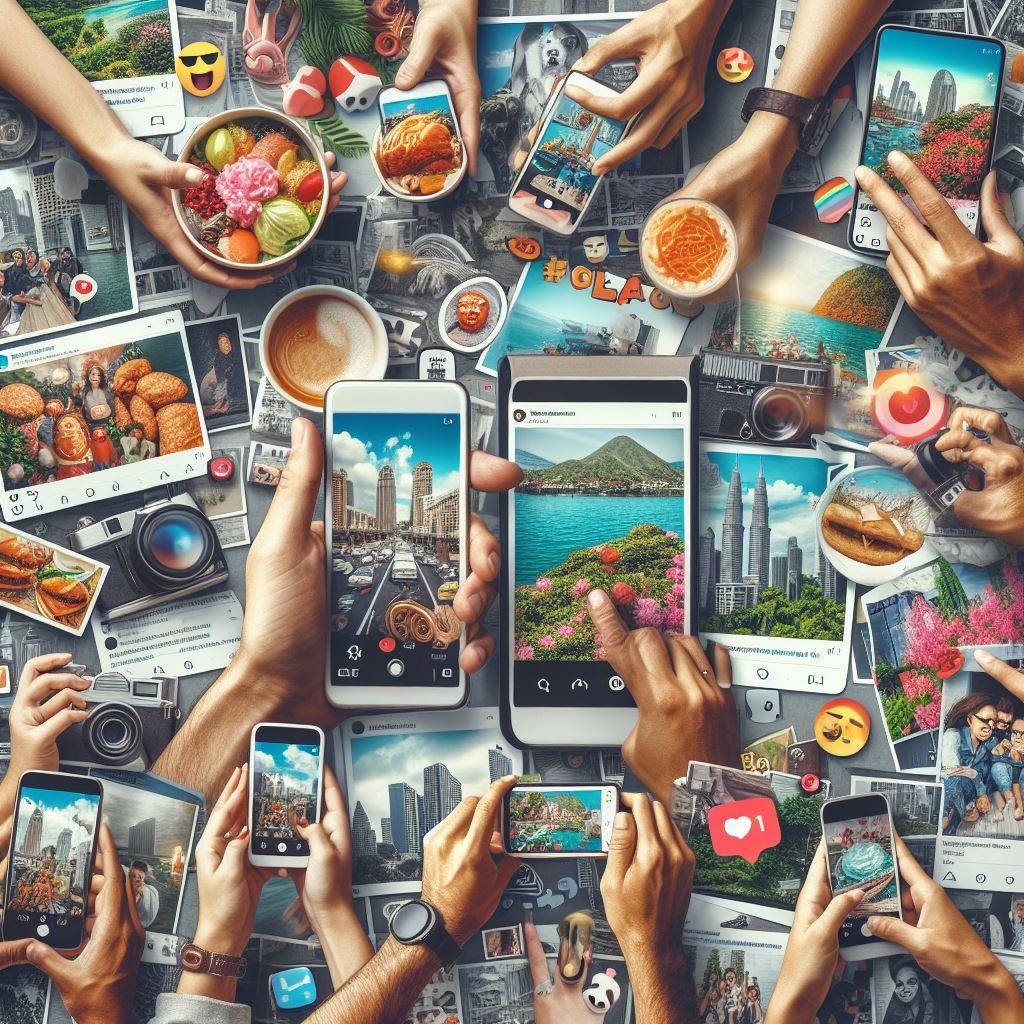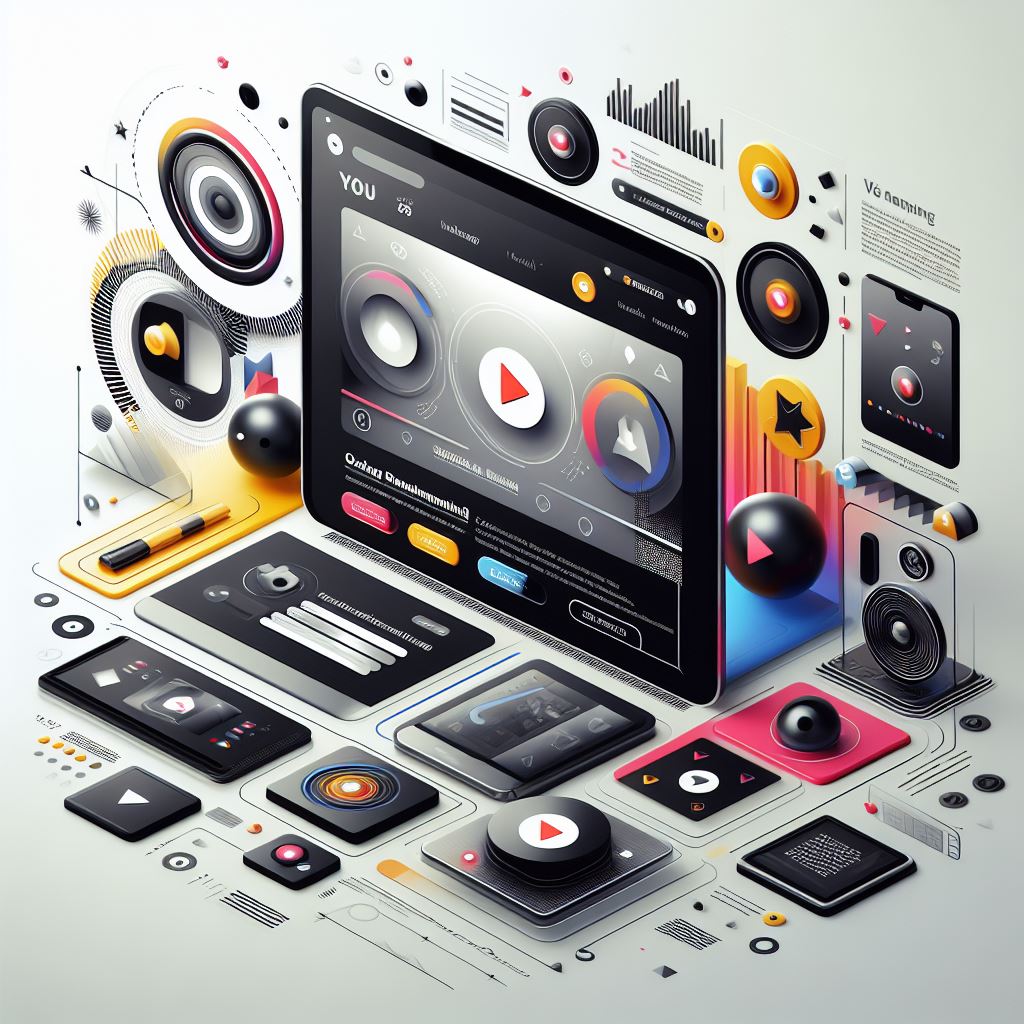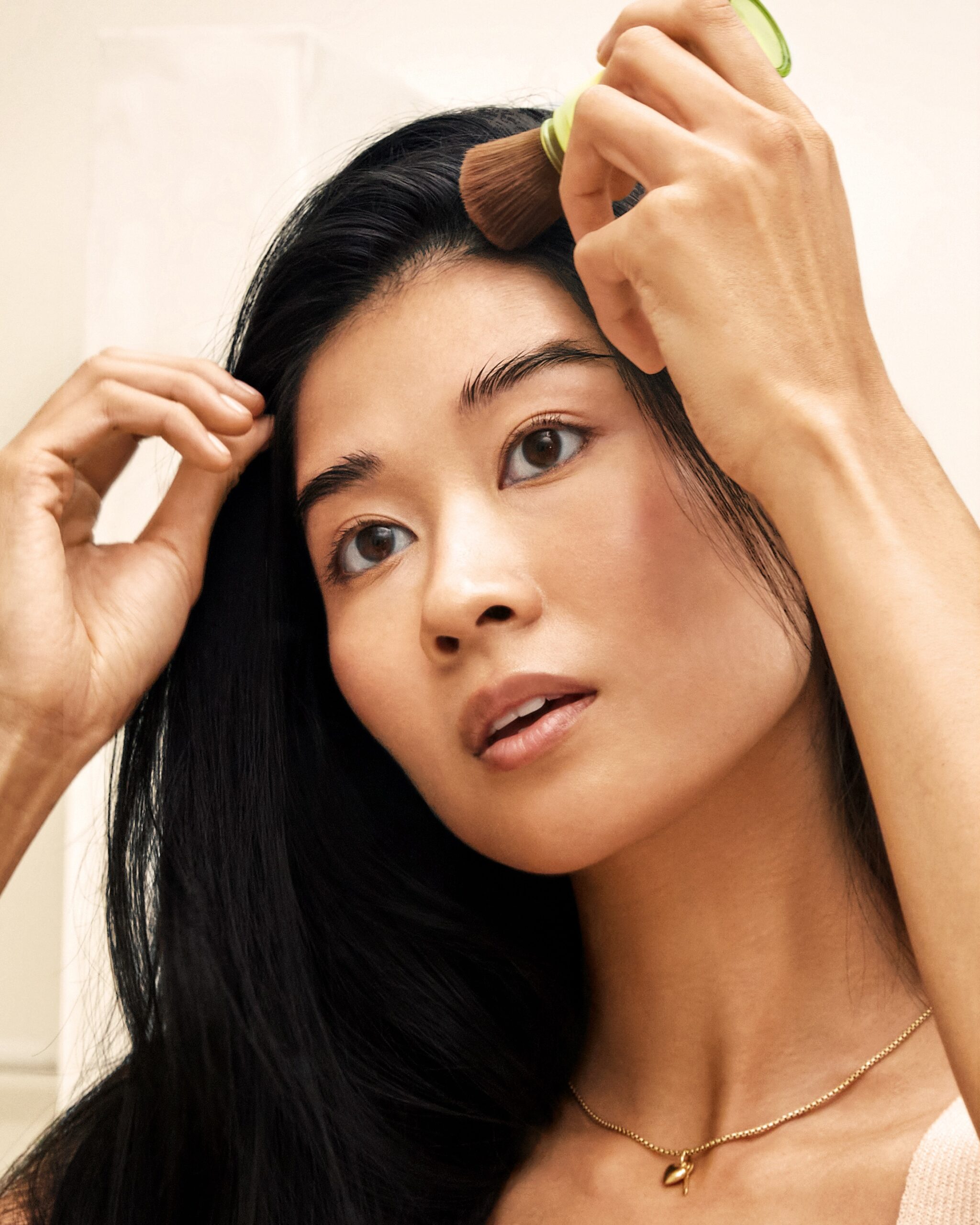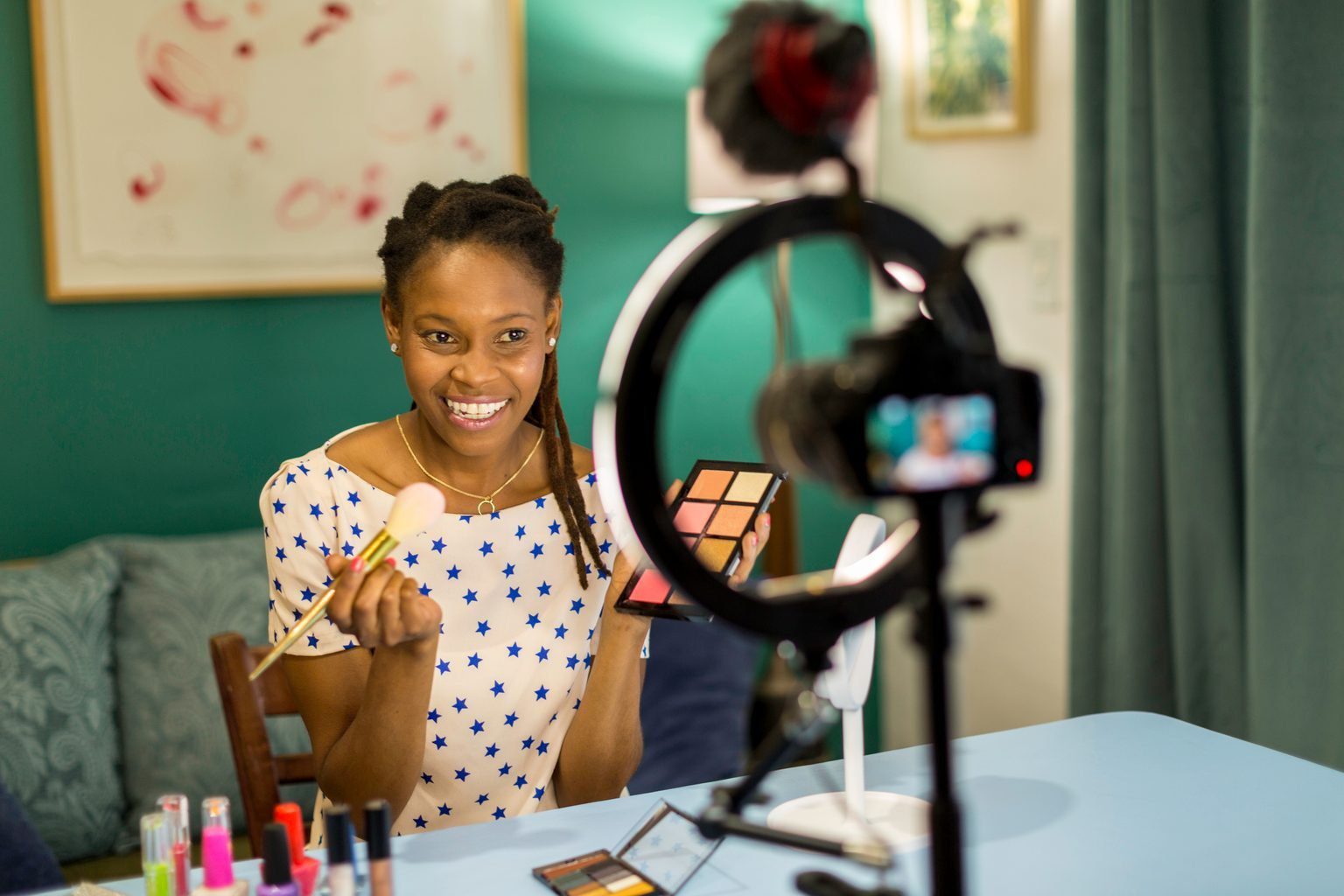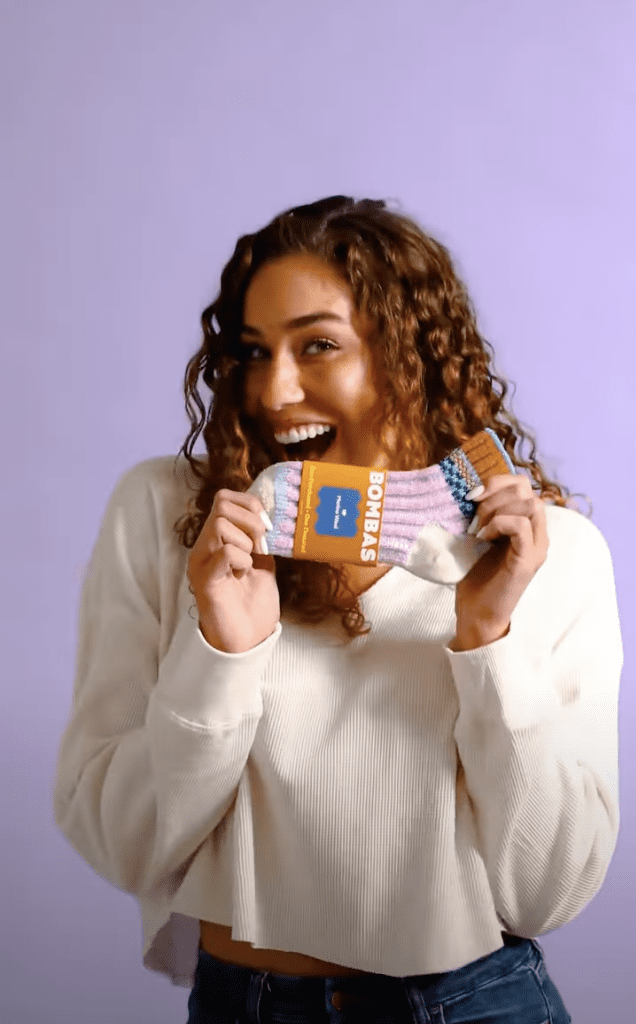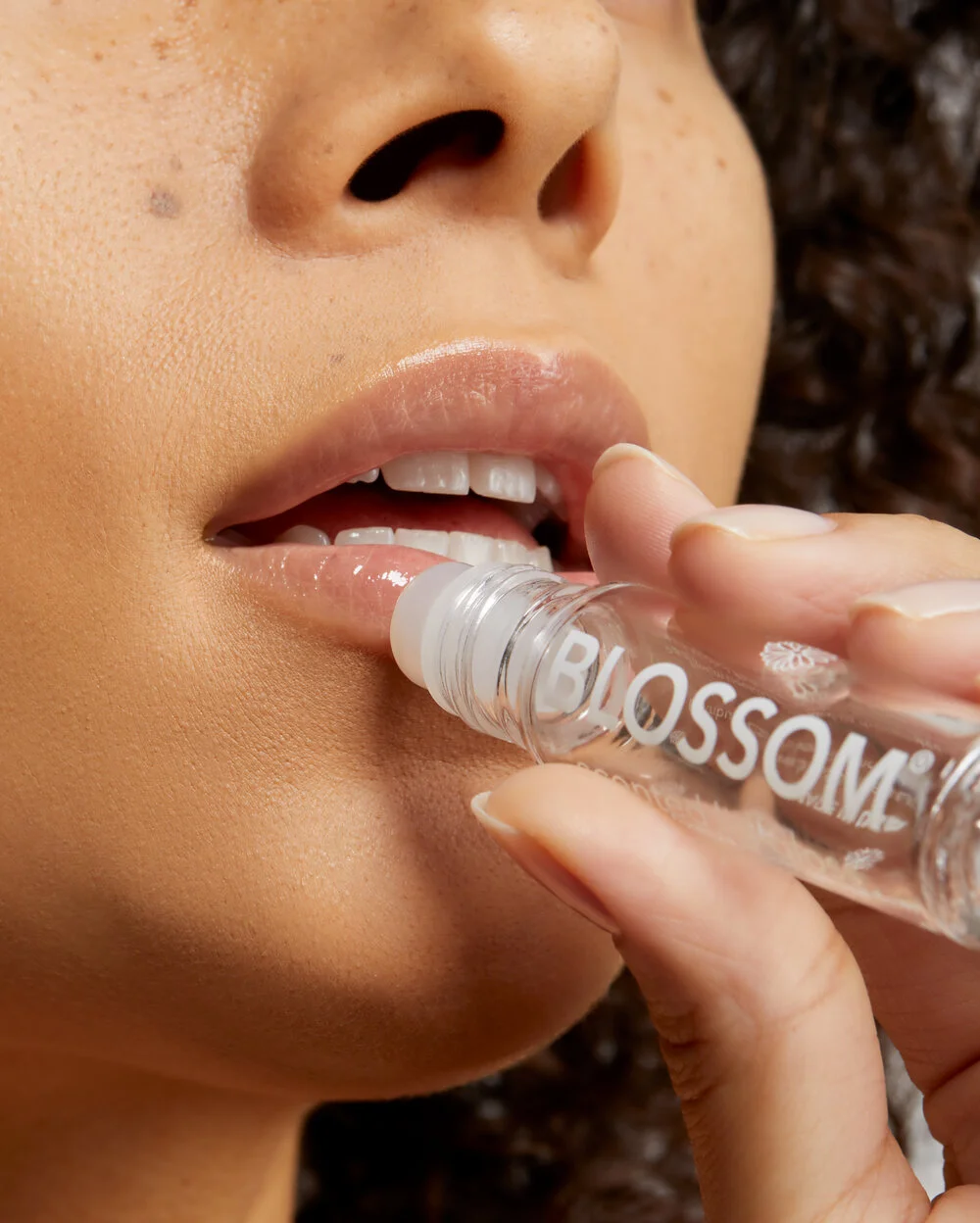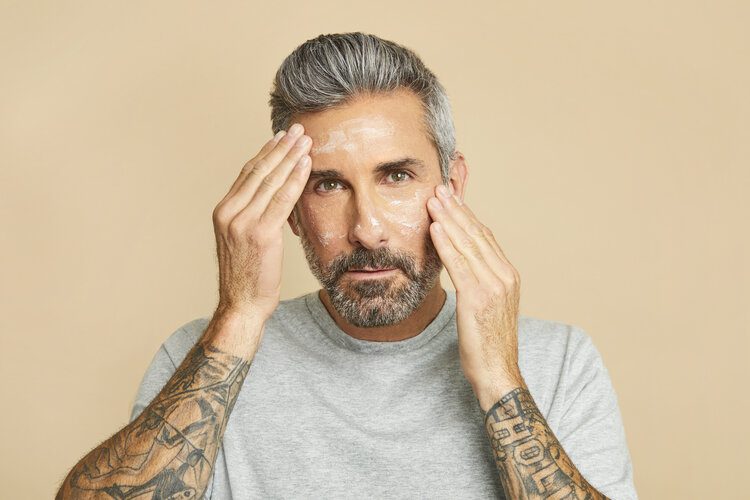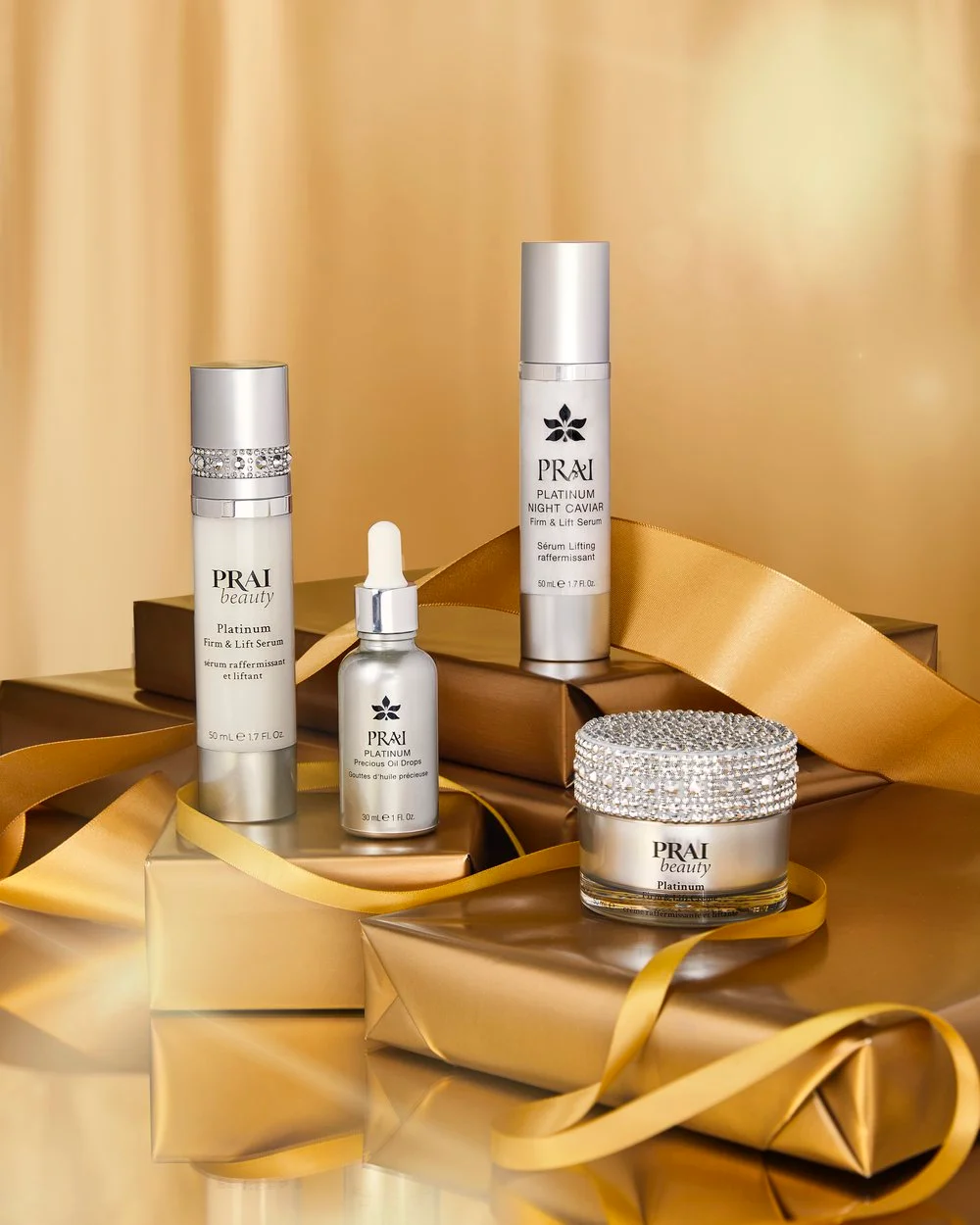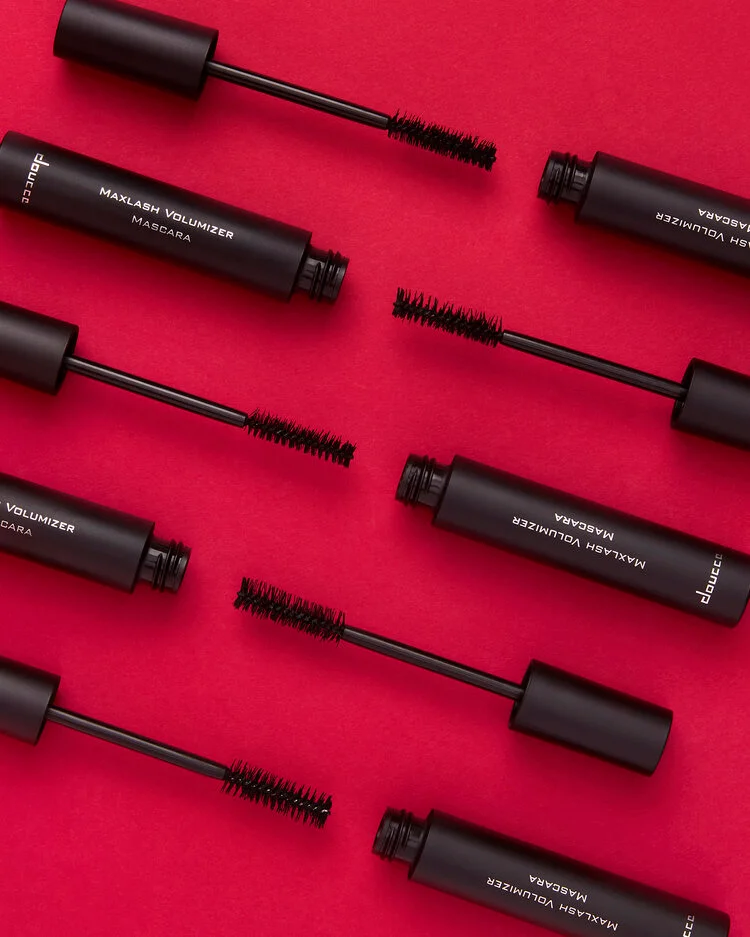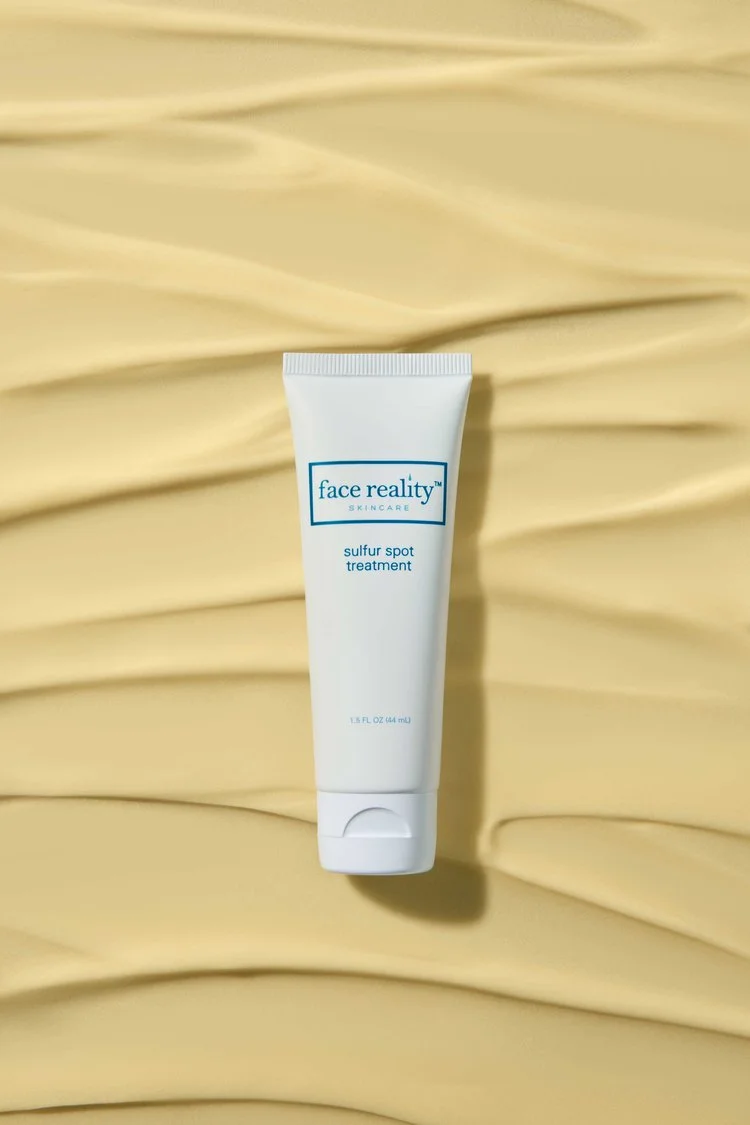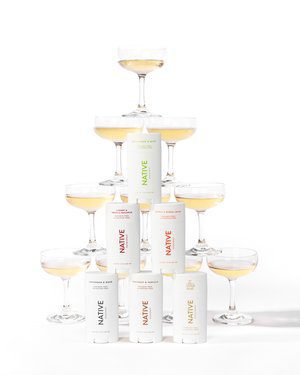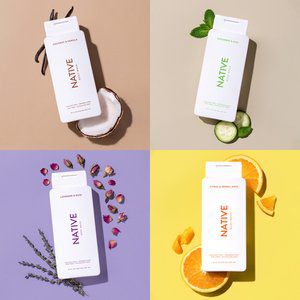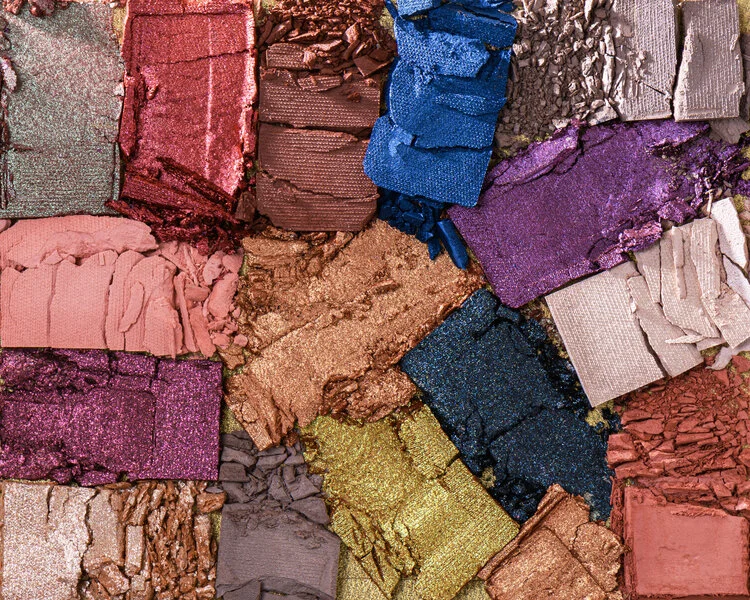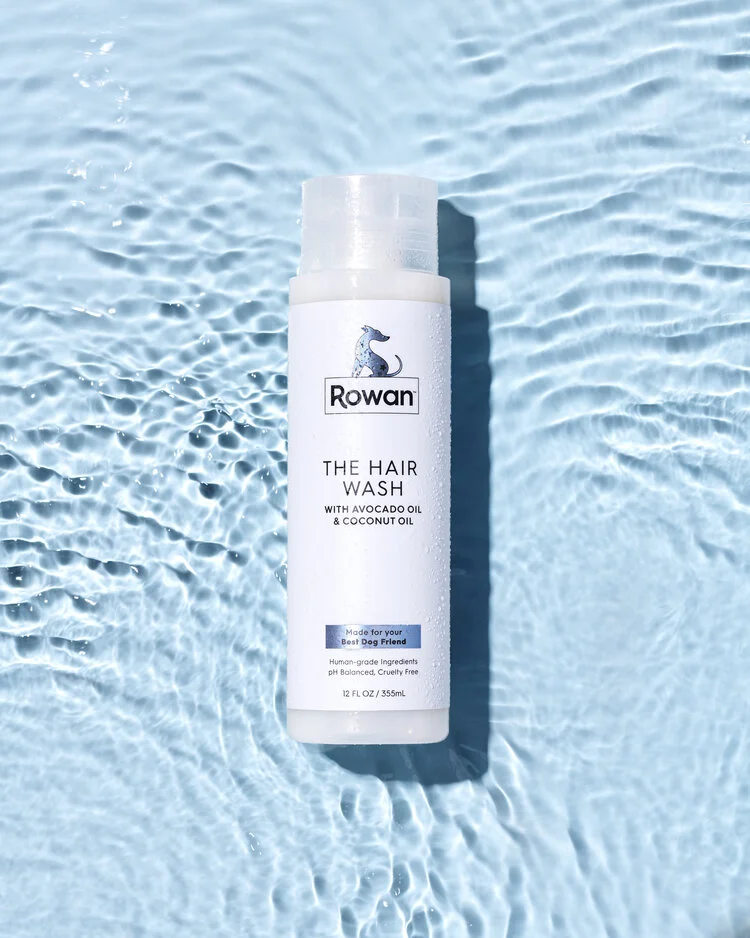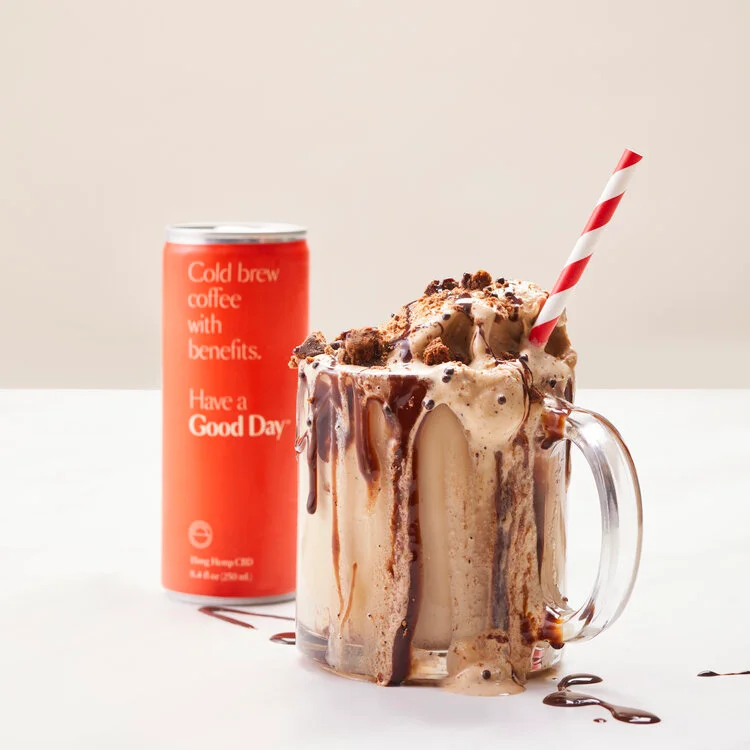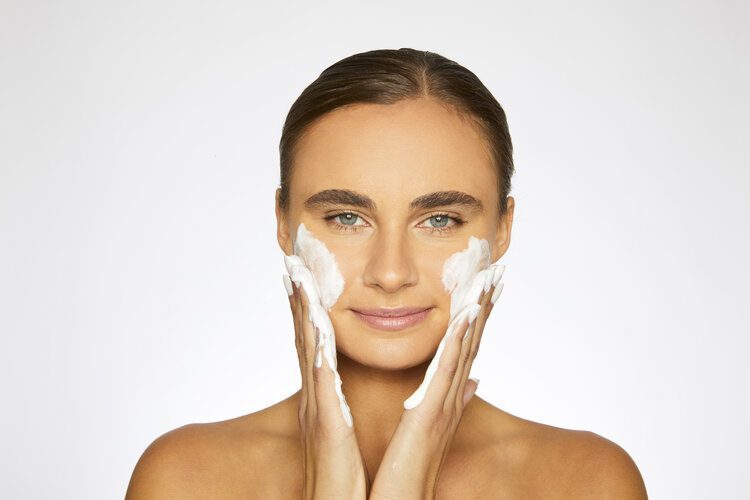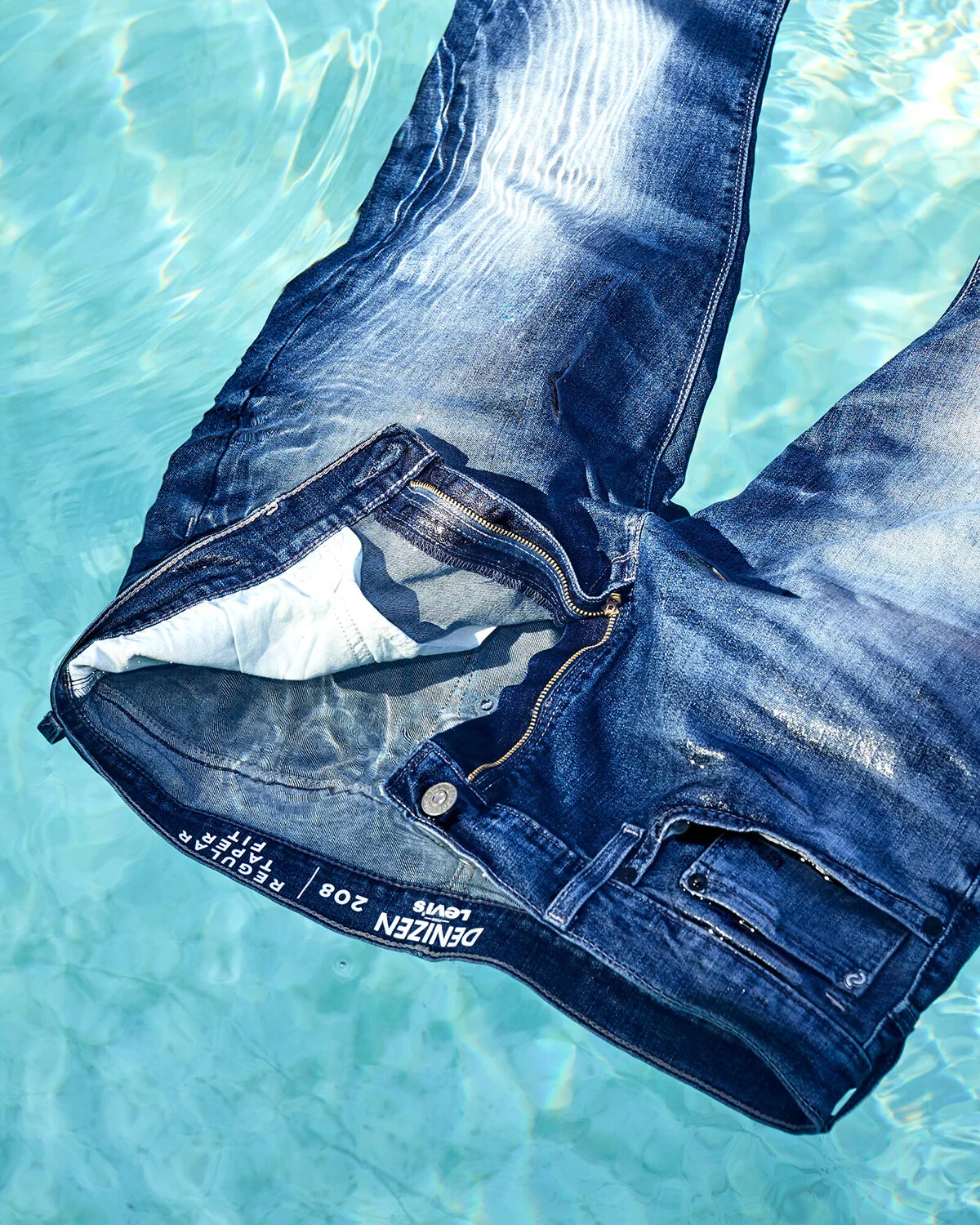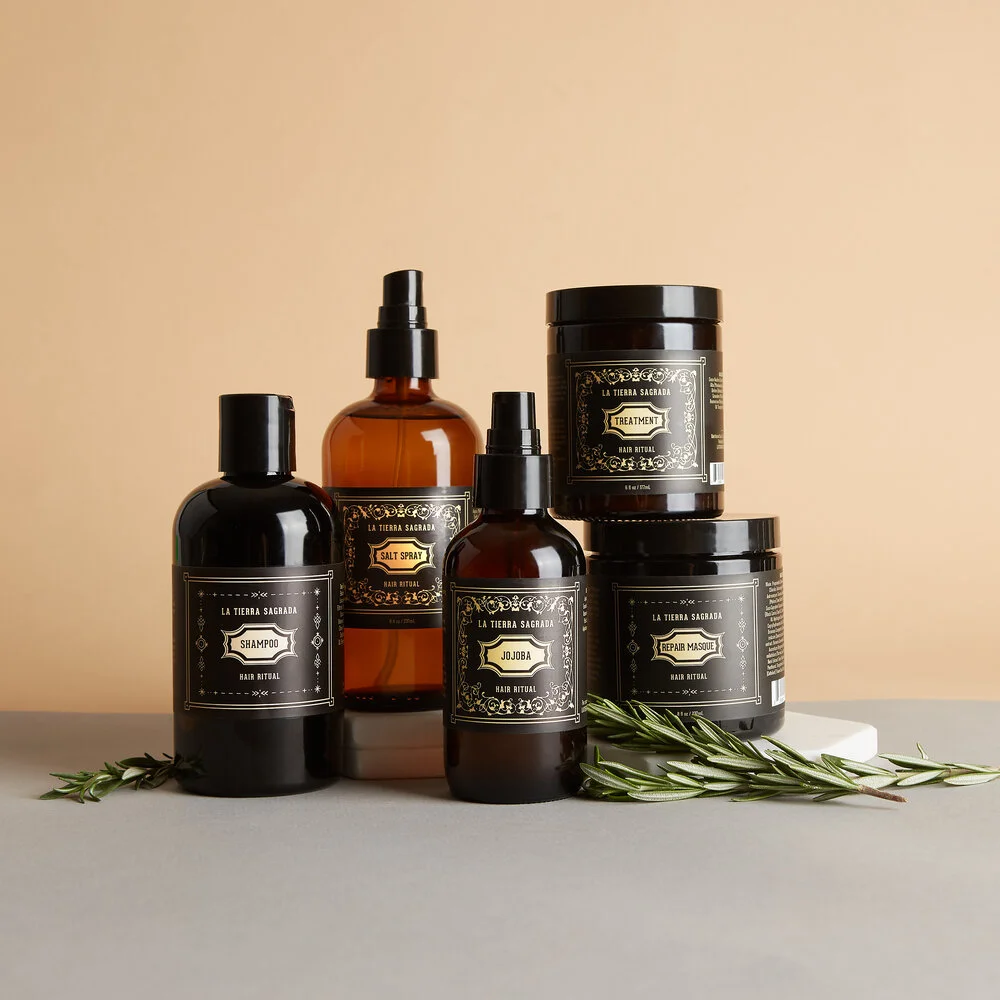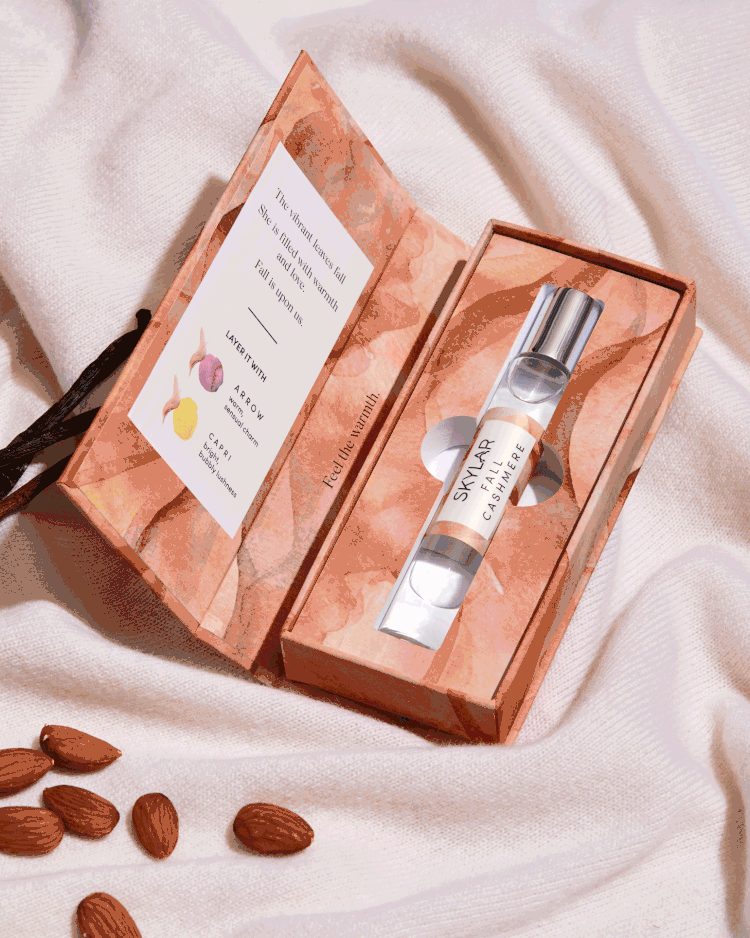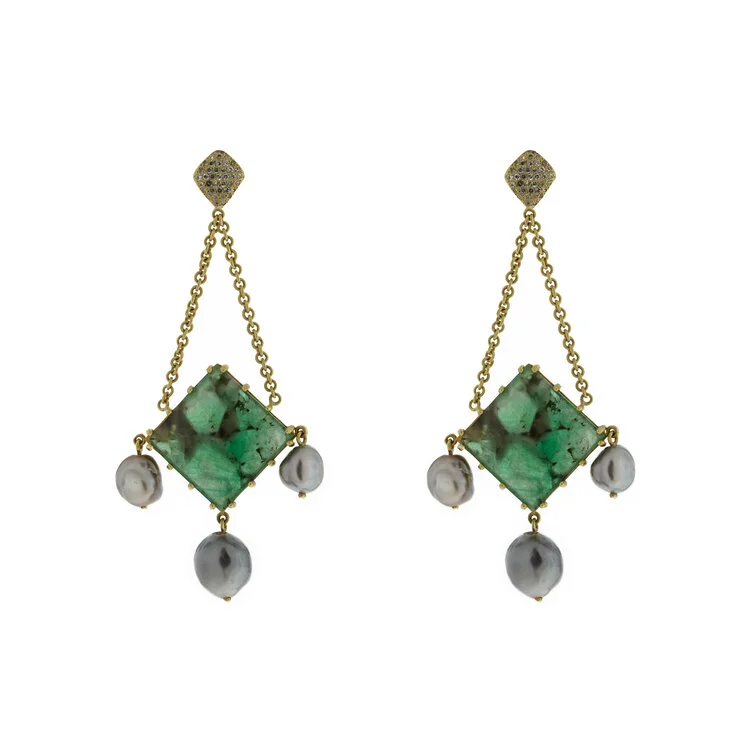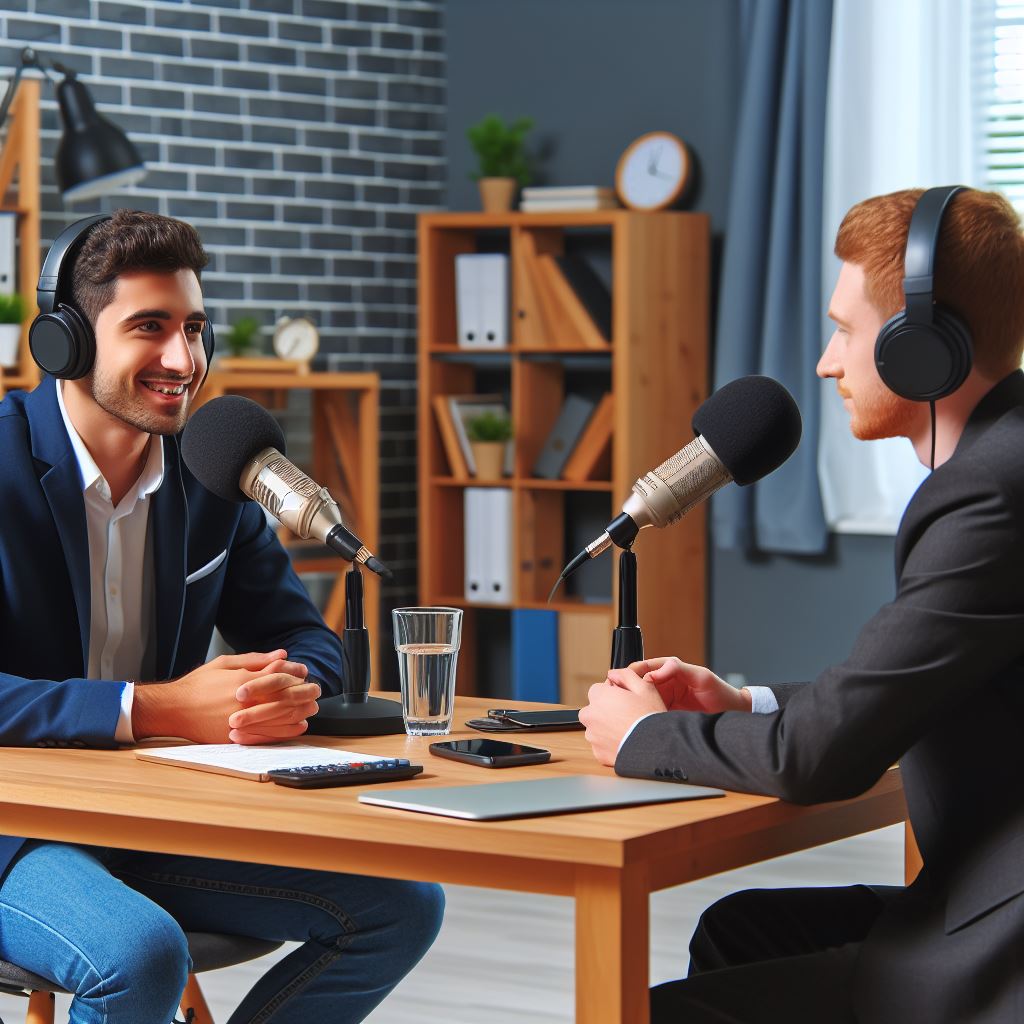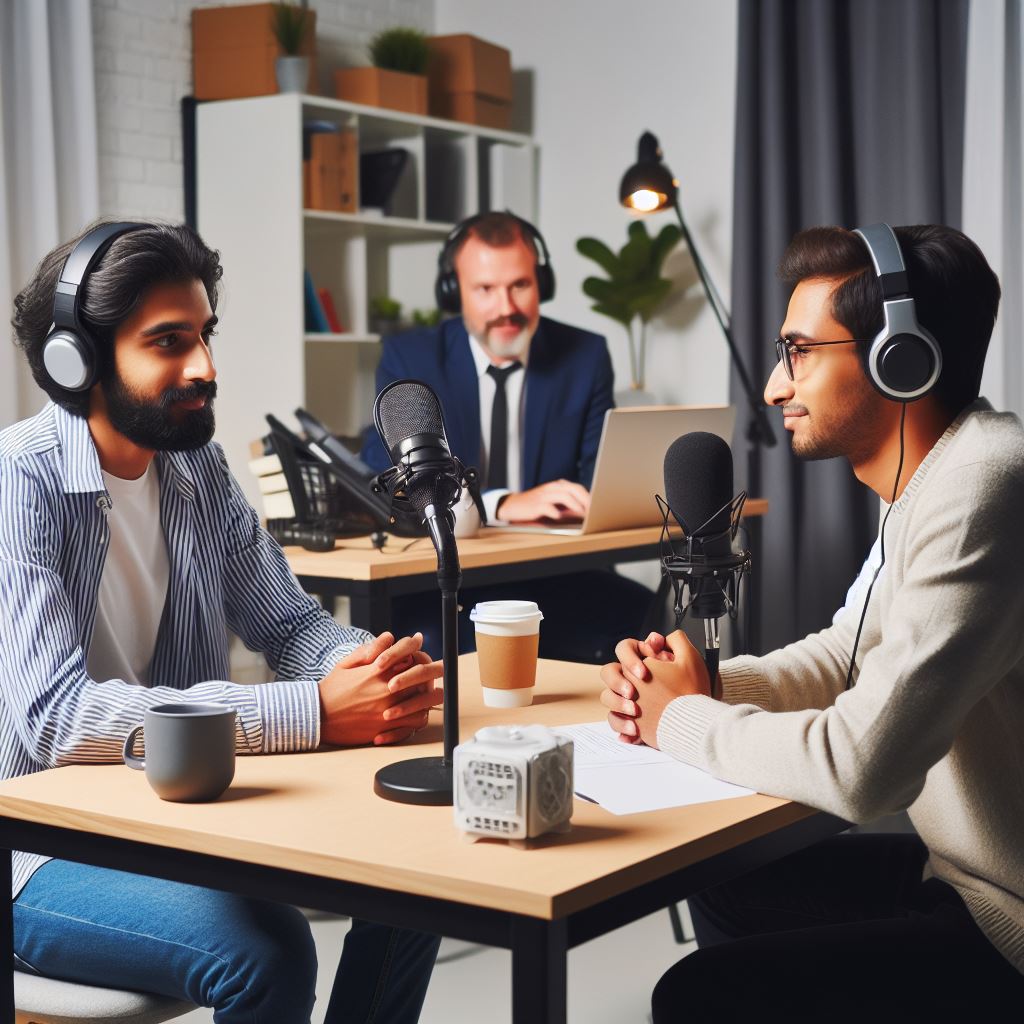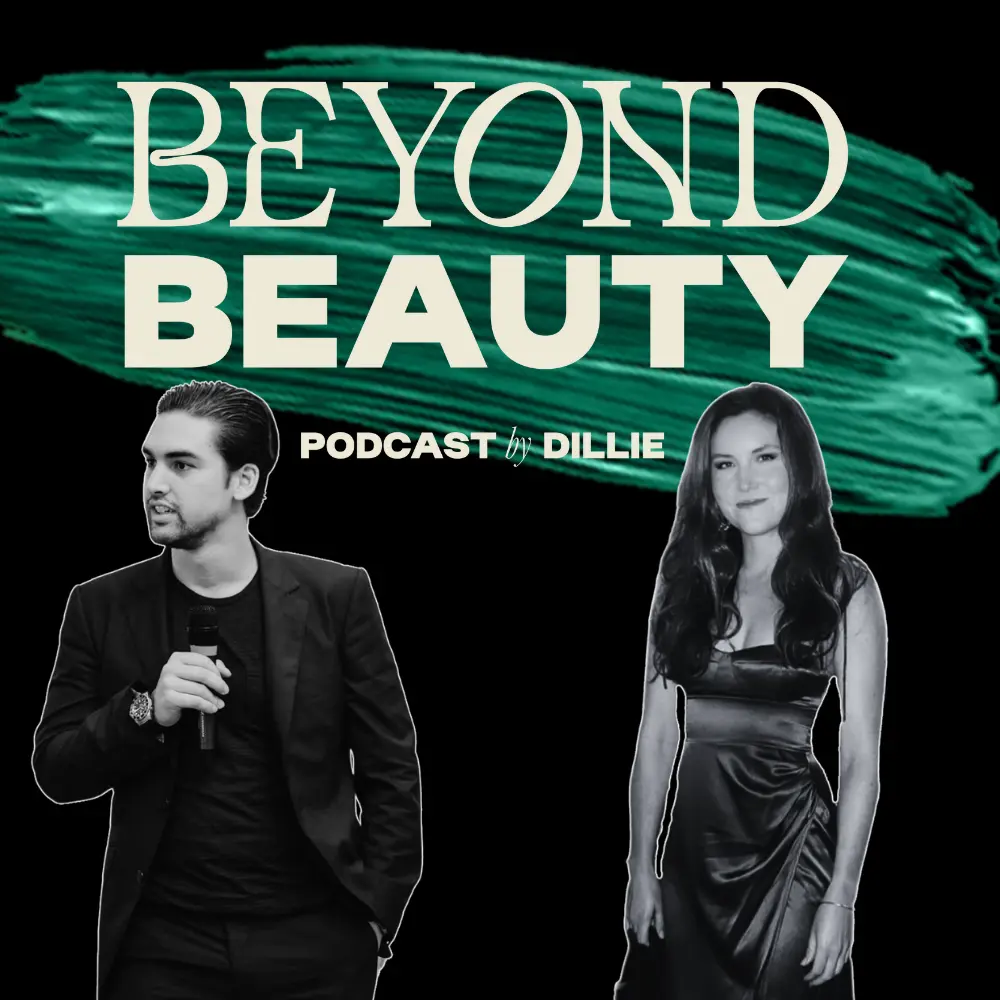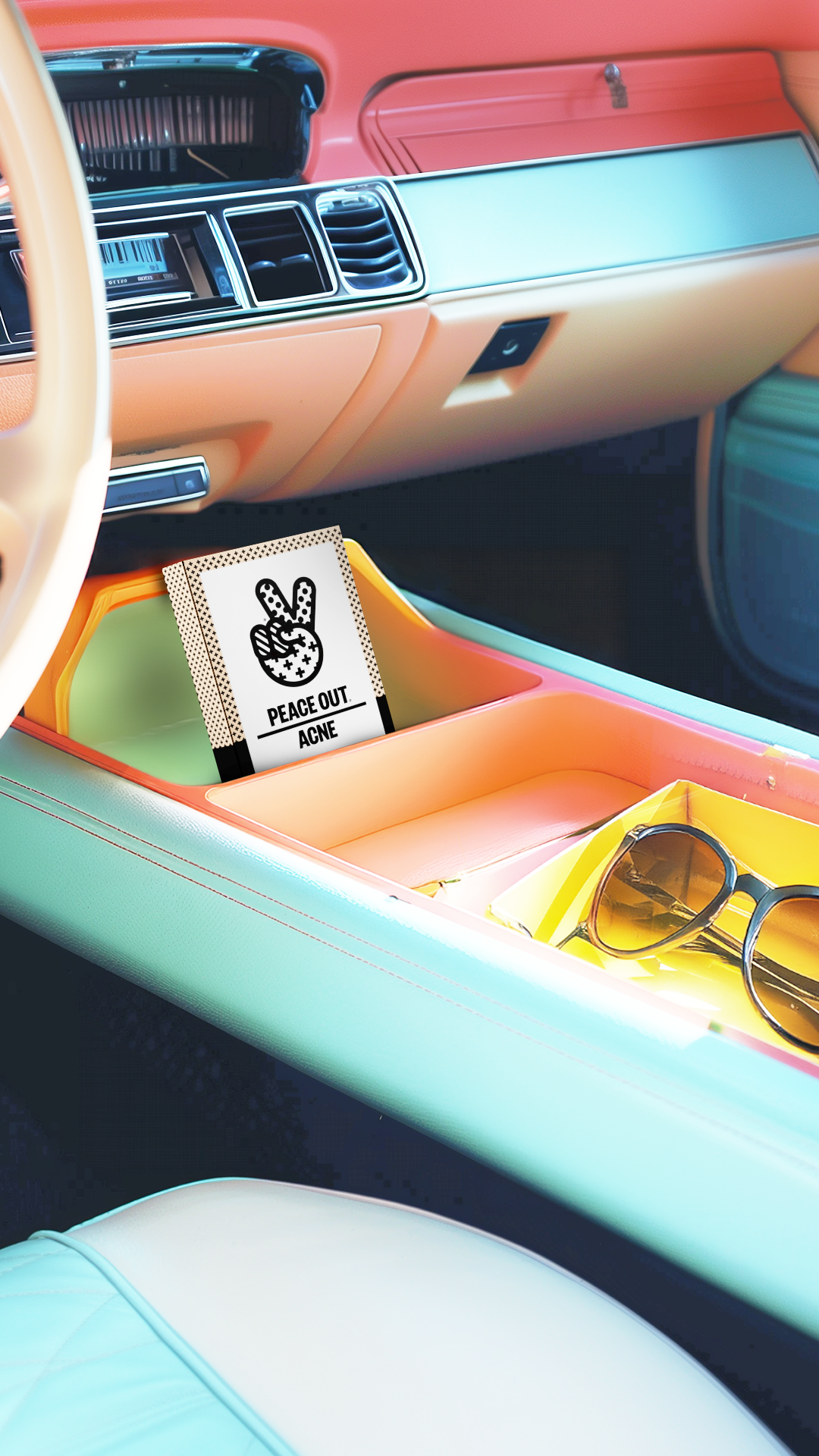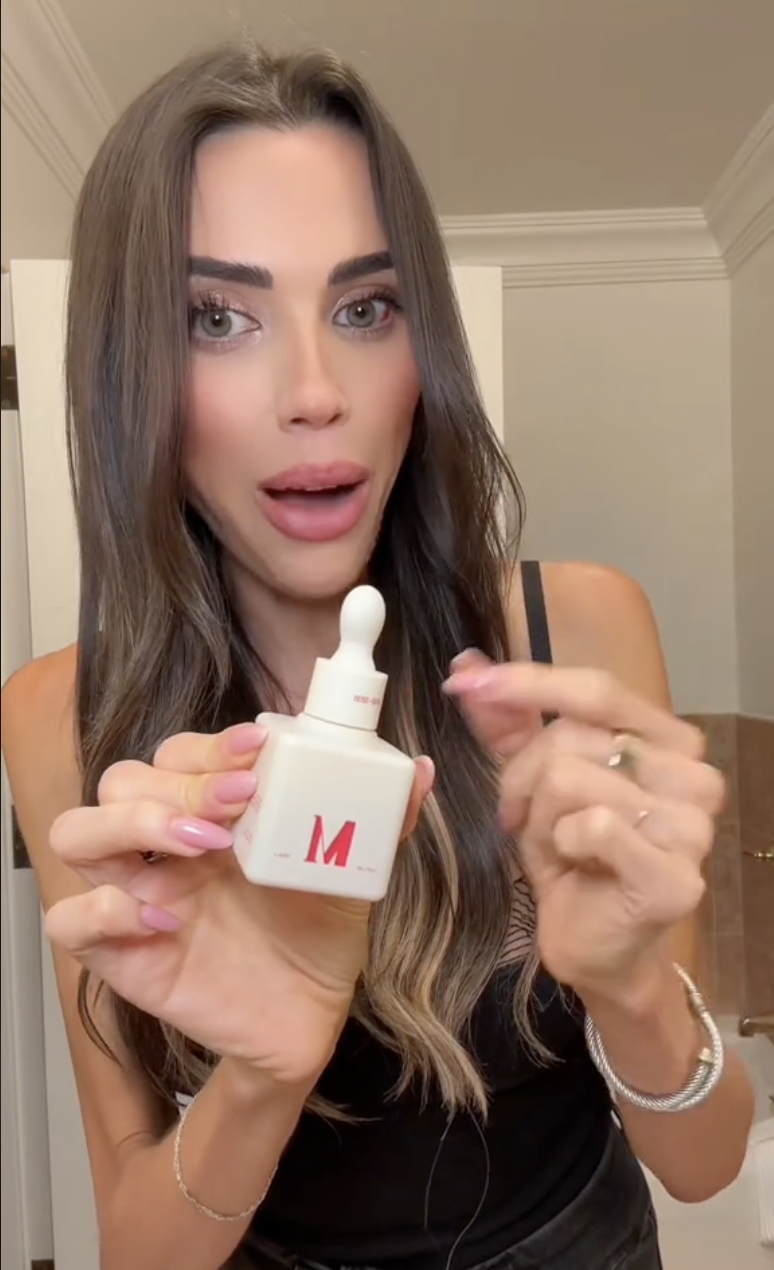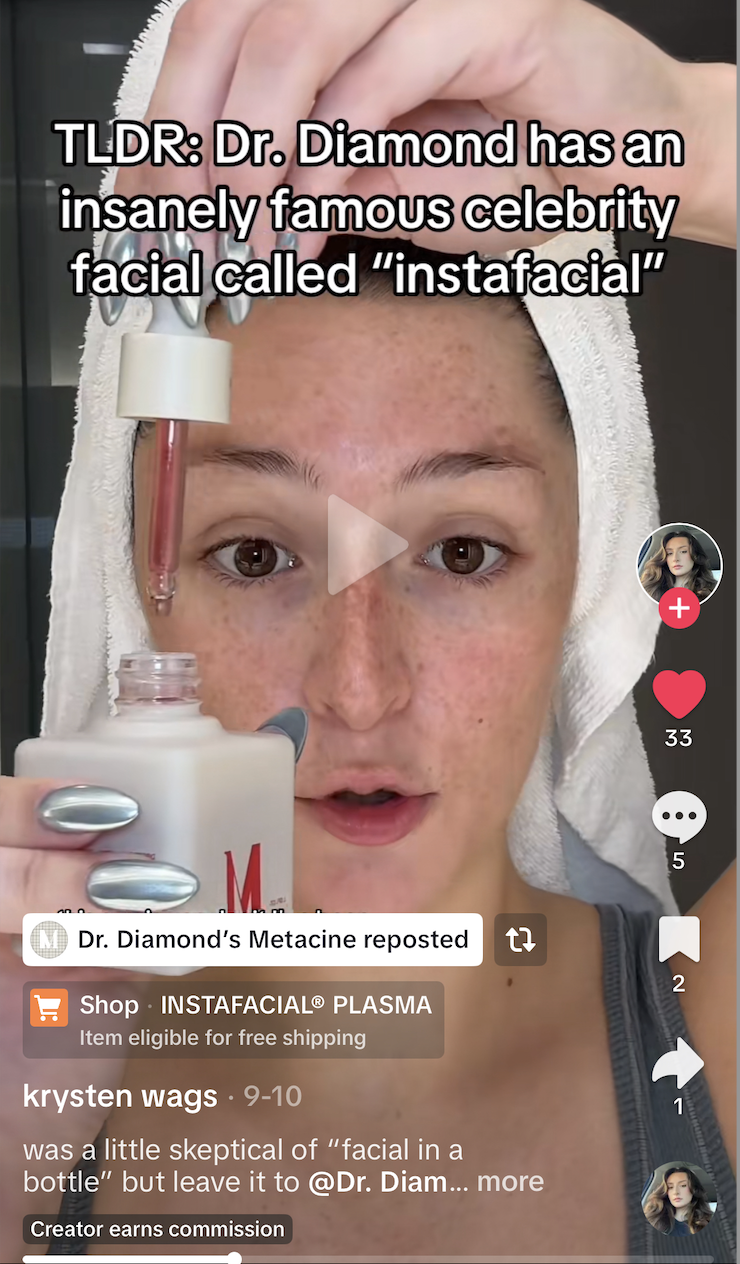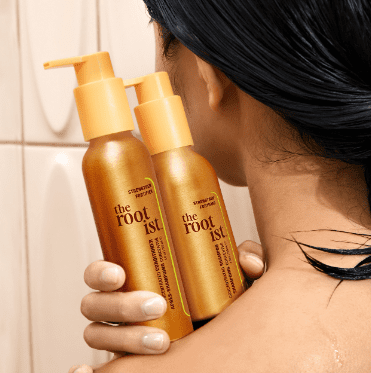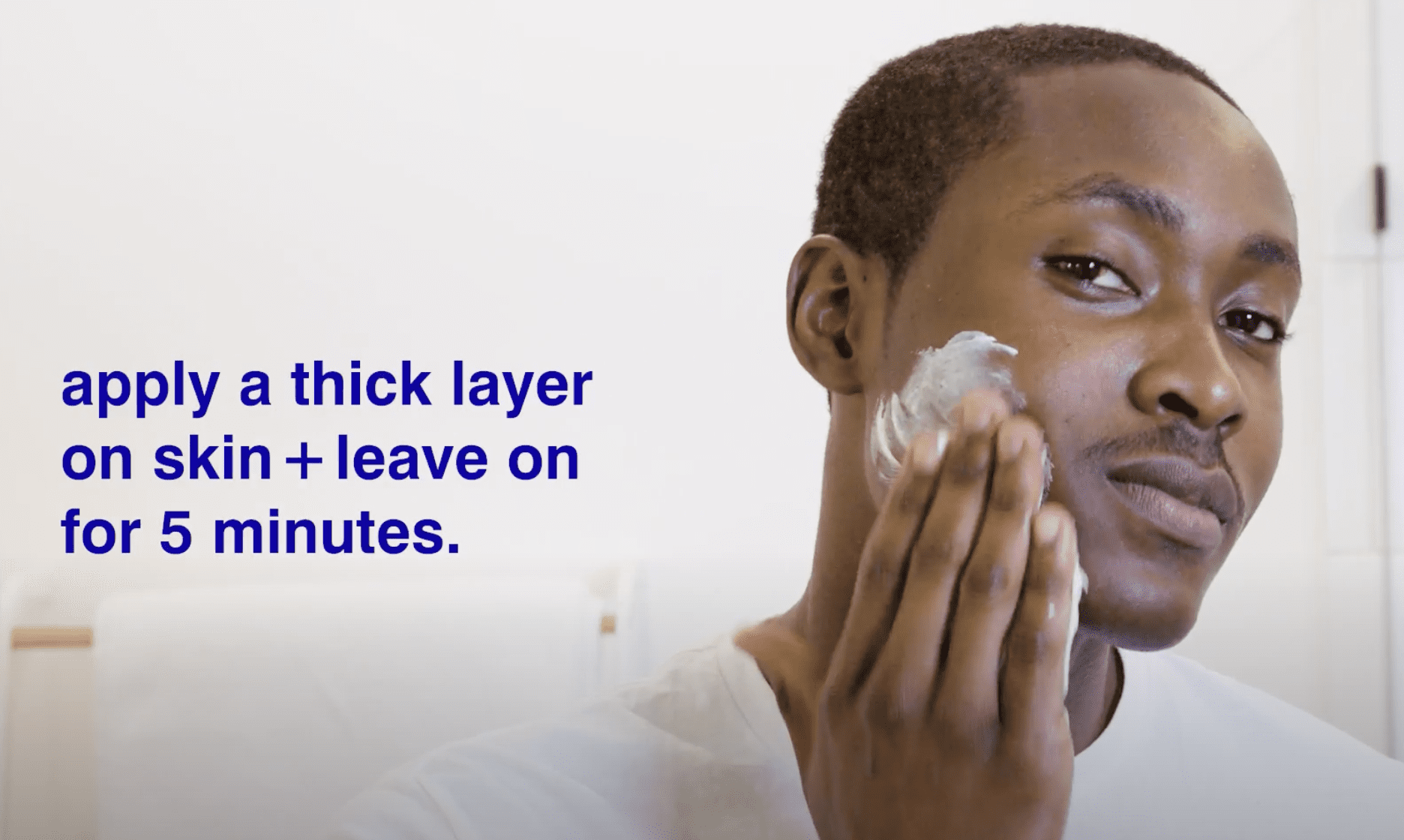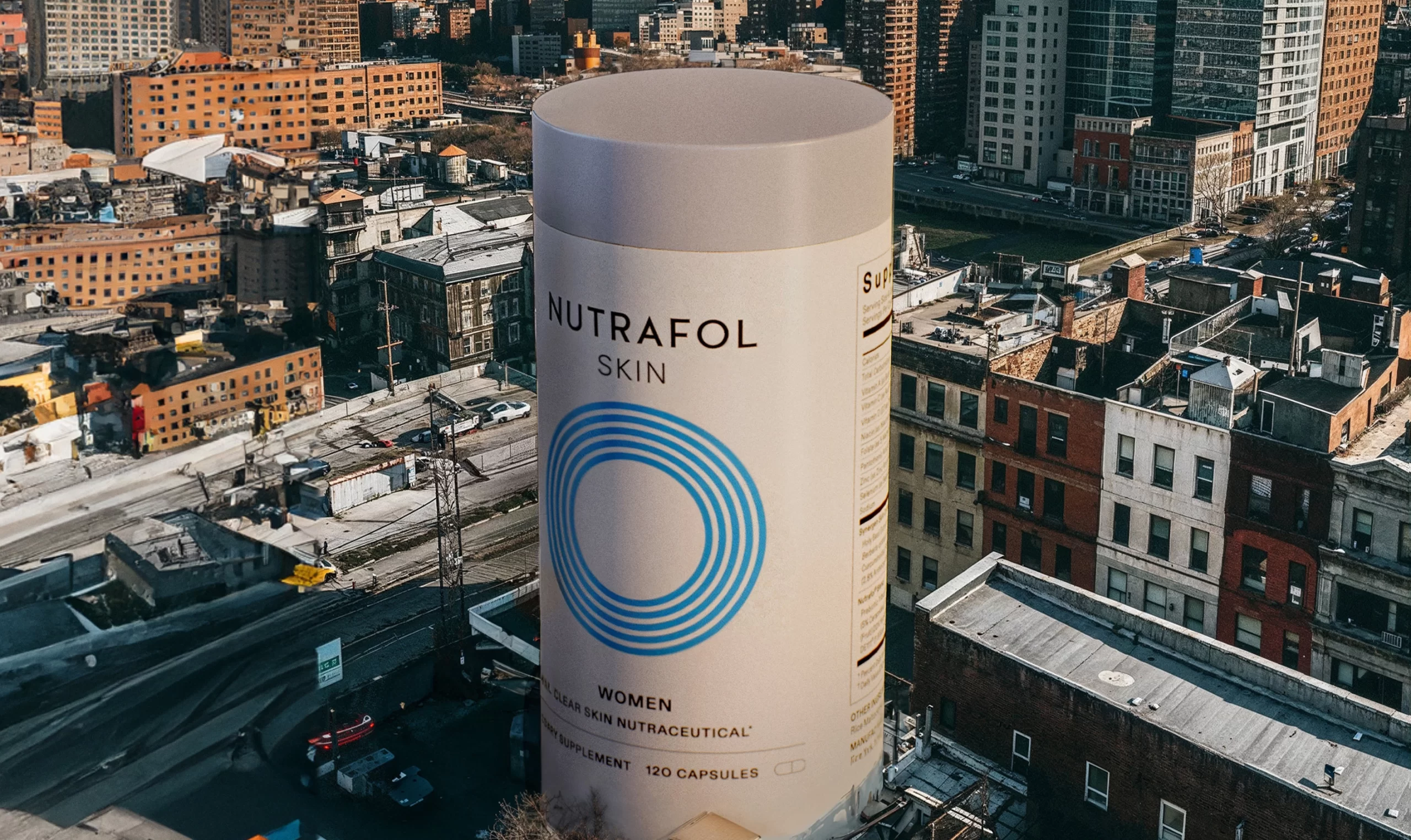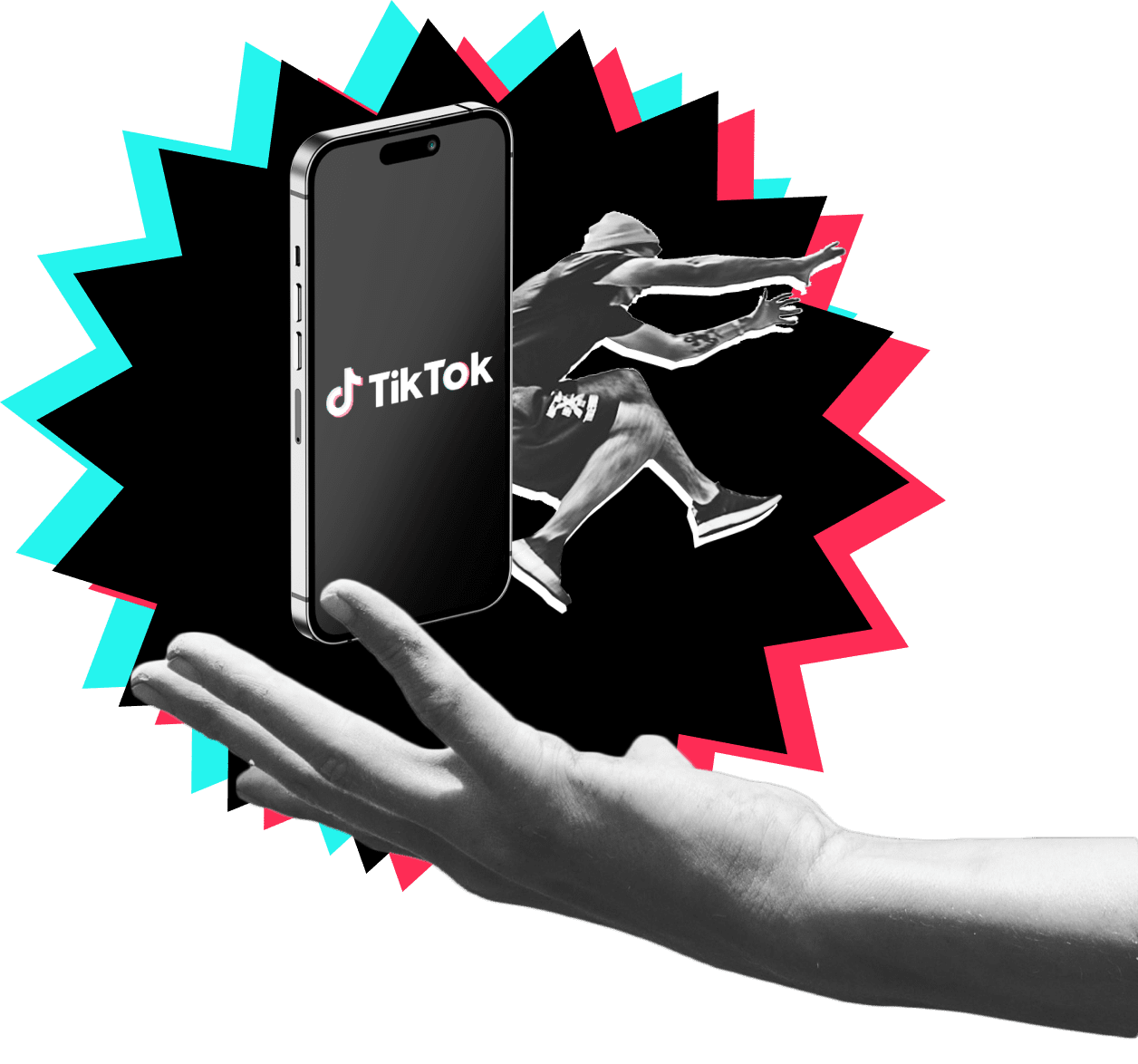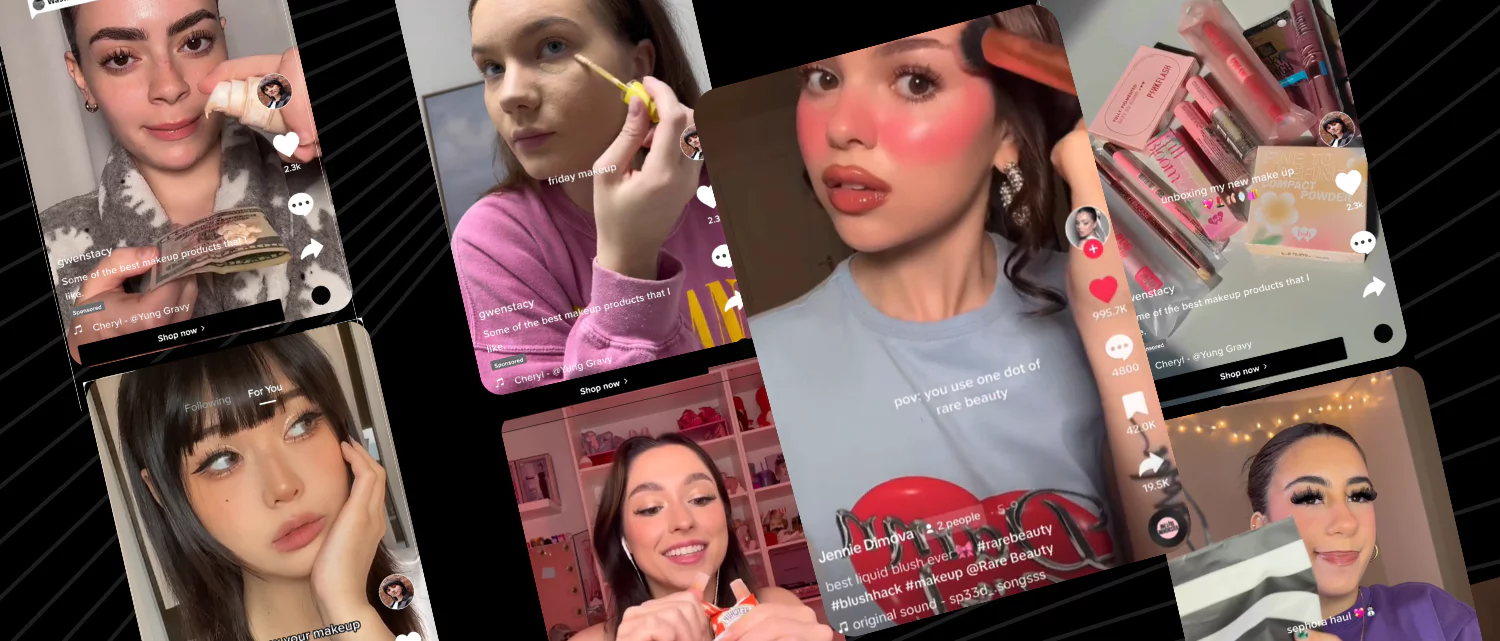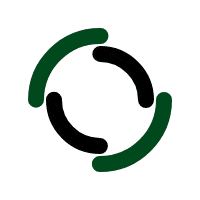In the latest episode of the Beyond Beauty Podcast, we are treated to an inspiring conversation between the host and Margaret de Heinrich, co-founder of Omorovicza Skincare. This episode delves into Margaret’s unique transition from a career as an American diplomat to becoming a key player in the beauty industry. Her story is not just about a career change but about leveraging cultural heritage, scientific research, and innovative marketing strategies to build a successful skincare brand. Here, we break down the key insights and actionable advice shared during the episode.
The Journey from Diplomacy to Skincare
Embracing Unexpected Opportunities
Margaret’s journey began with an unexpected phone call that led her from working at Time Magazine to becoming a diplomat in Budapest. This leap of faith underscores the importance of being open to new opportunities, even when they seem outside your comfort zone.
Discovering Inspiration in Budapest
Margaret’s fascination with Budapest’s thermal baths and their mineral-rich waters was a pivotal moment. Her personal experience with the transformative effects of these waters on her skin sparked her passion for skincare.
Building Omorovicza: From Concept to Launch
Harnessing the Power of Minerals
Margaret and her husband Stephen focused on the healing properties of Budapest’s thermal waters. They collaborated with dermatology researchers to understand the unique geological properties and mineral content of these waters.
Overcoming Challenges with Biotechnology
One of the significant challenges they faced was making minerals bioavailable for topical application. They turned to biotechnology and bio-fermentation, conducting rigorous clinical trials to develop a concentrated ingredient that improved skin hydration, microbiome health, and collagen production.
Strategic Launch and Marketing
Establishing a Flagship Institute
Margaret and Stephen launched their brand with a flagship institute in Budapest, designed to reflect the elegance of the historic thermal baths. This strategic move helped them create a strong brand identity.
Breaking into Luxury Retail
They launched their products in luxury retailers like Neiman Marcus and Bergdorf Goodman, starting with eight essential items. Margaret’s persistence and relationship-building skills were crucial in securing a three-year exclusive partnership with Neiman Marcus.
Navigating the Beauty Industry Landscape
Understanding Consumer Needs
Margaret emphasizes the importance of understanding consumer needs and preferences, especially in a market saturated with options. They use data to shape their marketing strategies, allowing them to make informed decisions and adapt quickly to changing trends.
Embracing Artificial Intelligence
Margaret views AI as a valuable tool for enhancing efficiency and creativity in marketing and product development. Her team uses AI to streamline processes, reduce waste, and create compelling visual content.
Personal Growth and Reflection
Guiding Principles
Margaret discusses the importance of having guiding principles or a “compass” in life, especially when navigating the complexities of business and personal responsibilities. Her values include grace, humility, and discipline.
Conclusion
Margaret de Heinrich’s journey from diplomacy to skincare is a testament to the power of curiosity, resilience, and innovation. Her story offers valuable insights for aspiring entrepreneurs and beauty enthusiasts alike. By embracing unexpected opportunities, leveraging unique inspirations, investing in research and development, and maintaining a strong brand identity, you can navigate the competitive beauty industry and build a successful brand.
Podcast Transcript
Speaker 1 00:00:01 Welcome to the Beyond Beauty podcast, a platform to highlight the beauty industry’s talent, deconstruct their learnings and spark ideas for your own business. The Beyond Beauty podcast is created by Dillie, the leading creative agency working with the fastest growing brands and beauty. Here, we’ll interview guests from major beauty corporations, creative directors, influencers, founders and risk taking entrepreneurs. Our guests are not only changing the traditional beauty landscape, they are also innovating in ecommerce, branding and digital marketing. Join us as they share valuable advice, how they launch their businesses and most importantly, ignite thought provoking conversations across beauty, tech and marketing. Hi everyone! We’re so excited to have Margaret on the Beyond Beauty podcast today. So Margaret, thanks so much for coming out to share your story. I’m going to dive on in to your bio, Margaret de Heinrich. I’m going to butcher this and I’m so sorry, everyone. I’m going to get this right one day. Is the co-founder of America Skincare. Her journey with the brand began in Budapest, where she met her Hungarian husband Steven.
Speaker 1 00:01:09 Inspired by the city’s mineral rich thermal waters, its distinctively active spa culture and a remarkable eccentric family heritage dating back to 1861, they set out to create a modern luxury spa. Today, America is celebrated for its patented ingredients, clinically proven products and personalized approach to transformational skincare. Available at the world’s leading luxury retailers spa and through their own institutes. Before founding Omorovicza, Margaret served as an American diplomat in Budapest, where she held the position of Chief of Staff. In addition to her professional background, she’s a dedicated mother of four and serves on the board of the British Beauty Council and Kew Gardens, as well as being a founding member of the Fashion Trust and recognized as a World Economic Forum young global leader. So Margaret, thanks so much for coming out to the Beyond Beauty podcast today. We always like to go back to the very beginning. How would you get started? Take us back to where it all began.
Speaker 2 00:02:08 So lovely to be with you. And I’m speaking to you from from London, where there are a few little raindrops, which I think is decidedly different from your sunshine and the waves crashing of of the West Coast of the United States.
Speaker 2 00:02:21 And so my journey. So I’m American, and I made my way up the East Coast and was working for time magazine in my 20s and received a phone call out of the blue. And the people on the other end said, Margaret, would you like to become a diplomat? Move to Budapest? I quickly said yes, and then I said, where the hell is Budapest? Long story short, six months later I find myself chief of staff at the American Embassy, and I’m also helping with health care outreach. And a few months after arriving, I meet my now husband, Stephen, who is Hungarian, and when we first started to get to know each other. He really took it upon himself to bring the city alive for me and all the wonderful local treasures. And at the top of his list were these healing waters, and they’re literally translated from Hungarian to English or any language healing waters. And I remember my first visit. The facades. If anyone has been to Budapest, you’ll immediately remember this.
Speaker 2 00:03:19 But if not, the facades of these phenomenal thermal baths look like beautiful European chateaus. They’re quite ornate. Huge tall doors, typically copper. You open them up, and the first thing that kind of greets you is a veil of steam that takes your breath away. You step in, and then the next thing that really hits you is just how exotic it is. Marble frescoes everywhere, vivid colors on the ceiling, etched out stars, huge high ceilings, open cupola so the steam can come up and out And we get in the waters. Steven starts telling me about the amazing heritage, how they were discovered 2000 years ago by the Roman Caesar Marcus Aurelius, who noticed that as he was marching through the country, any soldiers that were wounded, if they waded into these bubbling springs, their wounds would heal or their skin would regenerate very quickly. And that started the first layer of the curative culture. And then the next layer is the Knights Templar, where they built hospices on the same sites of these bubbling springs to treat leprosy, among other ailments.
Speaker 2 00:04:30 Then you have during the Ottoman occupation, you have the Pasha’s of Budapest, come and bring the Hammam culture, then the Habsburgs. And then, as it turns out, you have the more Vita family. I hadn’t, I didn’t know at that point, but Stephen turns around and there’s this huge marble sign behind me engraved in, and it says in Latin, donated for your Health and Well-Being, 1861, One, Johann Heinrich Door, Moravia and Stephen. He comes from one of these wonderful old families where there’s a great heritage of industrial contribution, philanthropy, medicine, etc. there’s a crown, the name of Moravia. If you’re wondering why we decided to call it a Moravia, it’s the name of a town that was given to his family hundreds of years ago because of all these wonderful collaborations with the with the country as a gift from the anyways, from someone from Lord Hooten to whomever gave it to the family. And his family, as I mentioned, were doctors and they so believed in the curative powers that they bought.
Speaker 2 00:05:35 The oldest source in the country commissioned Miklos, who effectively is the Frank Lloyd Wright of Hungary, built the basilicas and the opera house to build what was Europe’s most innovative spa, and then they donated it to the country for the health and being 1861. And so we’re in these bars. I’m hearing all these charming stories and what gets me hooked beyond these memorable, this memorable history is the immediate transformation I have on my skin. And at the time, I’m on Accutane. Horrible skin for as long as I can remember. And and I notice a transformation to my own skin and I just keep going back as often as I can. I’m lucky. From my apartment I can walk to the embassy or to this wonderful thermal bath, and I always try to be the first one there, and I never am there. Always about a dozen people ahead of me. And there are older people, younger people who look very polished, people who look like they’ve just rolled off the streets all Hungarian. And I’m a little bit curious because I know from my work at the embassy, really, to the decimal what the average Hungarian salary is.
Speaker 2 00:06:45 And, and I see these people often, and it’s a bit of a treat for me to go. And I’m wondering how some of these people are able to to shoulder this expense so often. And I just do a little bit of digging and I find out that the government, although I knew it, subsidized health care, what I didn’t know is that it essentially writes prescriptions for certain people. If you have psoriasis, if eczema, if you have acne, if you’ve got rosacea, any of these things, you’ll get a prescription from your doctor. And the thinking, which is, I think quite clever, is the more time you spend in these amazing healing waters with the very specific mineral content, the less time you’ll spend in the crowded critical care units and hospitals. And that just gets me again, quite curious. And then through my work at the embassy, I’m lucky to meet all the leading research facilities and and innovators. And I meet this laboratory of dermatology just outside of Budapest that is renowned because it had a hand in discovering vitamin C And winning a Nobel Prize for that discovery.
Speaker 2 00:07:54 And so I was just asking them, why is it that my skin has, has really transformed? And they said a couple of things. They said one, minerals have been used for thousands of years to effectively make your skin more elastic and firmer. And at this point in my diplomatic career, I was a little cynical. And so I was saying, who was talking about that even 50 years ago? And they said it was the Chinese who used and continue to use zinc and other key minerals to treat severe scarring victims. And I thought that was compelling. And they said, what’s more, what I was experiencing in this family thermal source of these mineral charged waters is unique because it’s a geological curiosity. The Earth’s crust is thinner at that place than any other city in the world. And because of a tectonic collision millions of years ago. It caused a break in the Earth’s crust, which allowed the waters to go towards the molten core. And when they come gushing out, they’re charged with these essential minerals that are so beneficial for the skin.
Speaker 2 00:09:05 And because of that, Budapest has more thermal water sources than any city in the world. And it’s called the International Spa city. And they said, you know what the word spa means? It’s derived from a Latin phrase. It’s an acronym. And I had no idea. And they said, Spa is derived from the Latin phrase sunny tous par aqua or health through water.
Speaker 1 00:09:29 Oh, interesting. I know.
Speaker 2 00:09:32 And so I wasn’t thinking so much of it. I went home and as you do, you share with your loved one what you did. I shared it with Steven and Steven with that great pride of his heritage. So this is a little bit better than just another day at the office. And with his enthusiasm, we go back to this lab, Commissioned studies on all the different thermal water sources in the country, and then established that his family source is incredibly rich in 26 essential minerals for the health of the skin. And we got excited. I already had my next posting as a diplomat.
Speaker 2 00:10:05 Steven was running a biometrics company, so we started to get excited, inspired about this idea of building our lives around beauty. But the the gentleman said this. One particular dermatologist said, hold on. There’s a reason this has never been captured in topical skincare. And that is, in short, because of the complexity of minerals. And I was like, again, cynical. Come on, I know from mineral makeup, I know from school chemistry class, I know from supplements, nutrition that minerals are good for us. It’s accepted wisdom. I think we all agree. And they said in short, minerals are not bioavailable. And what that means is they’re too large to be absorbed into the skin because of the amount of time your skin is exposed in the heat. When you’re in the thermal waters, the minerals are able to be absorbed and the benefits are realized. But you get out, of course, that water is going to evaporate and draw those minerals out. And effectively, what we did is we use biotechnology to, which is, in short, bio fermentation to change the cellular composition of these 26 essential minerals and condense them into a concentrate, an ingredient that powers every product.
Speaker 2 00:11:27 And we did what I think only a handful of brands have ever done. And we put that ingredient through clinical trials, and we were able to establish what we knew already, but that it immediately and significantly, improves the skin’s microbiome improves hydration and improves collagen, and we also put our products through clinical trials as well. So we say that was how long was that? That must have been like easily how long?
Speaker 1 00:12:00 Like this is the most incredible story. I want to hop on a plane now and go to Hungary and I’d love it.
Speaker 2 00:12:05 I’d love it. But in short, if you just know the following things about Omorovicza is we’re skincare from Budapest since 1861 were mineral charged and clinically proven. So you’ve got all of that more Vita. It’s a thinking person’s brand and is its discovery brand. So you’ve got just skincare from Budapest since 1861, mineral charge and clinically proven. But if you want to dig, you’ve got all the other things as well.
Speaker 1 00:12:31 So did you start with a hero product like or was it a collection and how did you start with.
Speaker 2 00:12:37 So we started with our institute in Budapest, and we’ve just actually created a bigger institute in Budapest. And the design is all inspired by the family thermal baths that was built in 1861. But there’s a real duality in the brand. So you’ve got that wonderful the lines, the the local stones, the copper, the lighting, but it’s got a real modern edge. A lot of the displays are inspired by artists that we like, and so we launched it at our institute, but we also launched at quite a few Spars and Neiman Marcus and Bergdorf Goodman, and we launched with eight products that you need for a classic treatment. And, and one of our most popular products was one of the ones we launched with. And that’s two of them, the rejuvenating Night cream and the the Queen of Hungary mist. So we did launch with some of our what remains our hero products.
Speaker 1 00:13:36 And how did you start marketing? How did you reach out to Bergdorf’s and Neiman’s? How’d you get the word out to consumers? I mean, well, this is.
Speaker 2 00:13:42 Something that I certainly recommend to anyone is we just didn’t take no for an answer. We just call it in. Like the story for Neiman’s is. I remember stopping by New York City on the way because it was critical to our and we didn’t have any outside funding. We still don’t have any outside funding. So it was quite helping hands at home. And so I stopped by. And as you do, and what’s so great is you start meeting people who can help you and or who have insights, etc.. And I met with this, father of a good friend who was in the cosmetic business business for many moons. And I said I was going over to Neiman’s and he said, you have your team with you. And I was like, no, it’s just me. And he said, good luck with that. And he told me, this is some brands which shall remain nameless, who had been trying to get in for years anyway, with that sense that I had nothing to lose, I went to Neiman’s.
Speaker 2 00:14:34 I did a presentation for Hazel white and about Hazel Wyatt and about 11 other people. And when I was doing the presentation, I was crossing my fingers in the back and I got so excited I was standing and all of that. And at the end of it, she did something that evidently she doesn’t do often is she said without even looking at anyone. She said, okay, we want you, we want a three year exclusive and blah blah, blah. And from there things just started to blossom.
Speaker 1 00:15:02 So you really took a sales approach to I can’t say no and really just build the story. And that really what separates a brand of it’s not only it has such heritage to it, but it’s a collection of truly efficacious products too.
Speaker 2 00:15:14 Thank you. I think not taking no for an answer. I’m sure anyone who’s done this, I’m sure for your business as well. It’s just I take that same approach for getting my children into school. I had to bring the headmaster cookies for two years.
Speaker 1 00:15:30 You need to warm people up and get to know them and say, what are they interested in? What’s going to make them smile or catch their attention? And especially with the beauty business too, especially if you’re selling to a department store, you’re going to help their sales and you’re going to help their notoriety.
Speaker 1 00:15:45 If they have incredible products they’re selling, and especially to have an exclusive to build that hype, there’s a.
Speaker 2 00:15:51 Reason it’s they’ve got their community. They know what who their community is. Ultimately we’re talking we’re it’s a connection, isn’t it? It’s the same in diplomacy. It’s about listening and being relevant. And and with that, I say that with great humility. One also has to have relevance in your DNA that you’re constantly reinventing yourself. But it is about a community.
Speaker 1 00:16:12 How is it that from the transition as a diplomat to founding a company and diving into this very congested yet really thrilling business we call beauty and personal care? What skills did you bring over and what new skills did you have to develop?
Speaker 2 00:16:29 As I mentioned, it’s very much about listening. It’s about being a hyper vigilant. I still read every newspaper in every Major area around across the pond here. They’re everywhere because I’m just in intensely and Stephen is, well, my husband and partner, genuinely curious. And that curiosity was helpful when I was a diplomat, a helpful with Stephen and his studies and his work as well.
Speaker 2 00:17:01 And when I think you’re curious, genuinely, it’s also, typically falls over in other aspects. And so I love going around and traveling, whether it’s at Harrods, where I was earlier this week, or it was just at Neiman Marcus and a whole other and four seasons, I was in about five cities and five days a couple of weeks ago in America. And it’s just about listening to people and really understanding, first of all, what is their concern? I think that’s one thing in skincare, people really need to feel that they’re being seen, and I don’t think that’s something that you can rush. I think that’s why having a wonderful group of colleagues is essential. People who really form a genuine connection. And I think you can do that at luxury and at these wonderful partners like the ones that I mentioned, the ones we’re lucky to be a part of. But it’s just really about listening, seeing, hearing and delivering. And I think that’s the same in diplomacy. There’s so much.
Speaker 1 00:17:58 Happening in skincare right now.
Speaker 1 00:18:00 I think a lot of brands like what we’re talking about before we started recording is there’s never been an easier and there’s never been a harder time to start and scale a brand. And we’re seeing that a lot of indie brands are entering the space. Heritage brands are getting a little nervous because they’re seeing that the incredible growth potential of these brands, and at the same time, it’s never been harder to scale a business because it is so congested. I personally believe that there is a place for all of these brands, especially with all maybe the niches of maybe this is the skincare used in your 20s versus your 30s and 40s 50s, or maybe this is the postpartum skincare, or maybe this is the person who wants a ten step Nightly routine versus the person only has time for two products. So there’s something for everyone. And I think it’s such a powerful yet challenging time. So how are you breaking through the noise of skincare and finding the right consumer? Because there are so many niches and I think there.
Speaker 2 00:18:54 Were there are two points to this.
Speaker 2 00:18:56 One is instincts. I’m sure a lot of the people that you speak with who are incredibly successful have just fabulous instincts. I don’t say that I have great instincts, but I certainly try to have good instincts. And then what’s so helpful right now? And I think that’s where it really because luxury is at its best when there’s a point of view. And and that is that has always been the case and I imagine will always be the case. And people really respond to originality, authenticity and of course, efficacy. But then what’s so really helpful is not only is your instinct to compass but data, and never before has there been more data available. Literally a dashboard that I was just looking at before our phone call that I can look at tomorrow morning. I can do a B testing. I know where our customers are, I know their profile. And again, it it affirms what our instincts are in any event. But it is very helpful because when you start to put money down, there’s so many options of where you can spend your money and you can spend it with your retailers, you can spend it with, I don’t have to tell you, and I don’t have to tell your audience.
Speaker 2 00:20:10 They know better than anybody where you can spend your money. But but in my gosh, does that money go quickly? And if you really want to break through, you have to double down. And I think having that that insight, that data is just it’s one of those things that the day you get it on your your desktop or your laptop, you think, God, how did I ever do it without it? And so I think that’s pretty helpful.
Speaker 1 00:20:34 It really is that you said that a B testing and navigating. And we always say what works two weeks ago might not work tomorrow, and that doesn’t make it a bad thing. It’s just it’s such a dynamic industry and world right now, especially with marketing and consumer trends and what people are interested in and how people are shopping is constantly making those smart, small pivots quickly and efficiently is what keeps the brand in the game and scaling. Truly.
Speaker 2 00:20:58 It’s pretty interesting. I’m wondering what you think about artificial intelligence.
Speaker 1 00:21:02 Oh, that’s a great question.
Speaker 1 00:21:03 I’d love to touch on that too. for me, before you dive in, I think it’s a tool. I think it’s the same way we use. I don’t want to have a direct comparison when we talk about Excel and finances or data. Correct. It’s not. There’s still someone crunching the numbers, analyzing the marketing spend, looking at a wealth portfolio. Right. And are using Excel and other similar tools. And I think I can be seen as the same way. Yes, it can get out of hand and it can take over in a very scary way for us at Deloitte, we’re using it to produce photos and videos, and it’s a way of creating this hyper realistic or surrealism moment, or creating pieces in a highly efficient process. For example, rather than sourcing all these props. And then there’s food waste, maybe of the watermelon or renting the chair, and then you have the apparel that adds up very quickly. And for any brand, it’s a huge expense of props. But a lot of times you’re having all this food on set and it’s wasted.
Speaker 1 00:22:00 Instead, you can prompt machines to output these images and really get to know your brand, or at the same time, you can have a lot of fun and you can have a something like floating over the Pacific Ocean. People are saying, is that real? Is it a blimp? Is it AI? Is it, CGI? So we have a lot of fun with AI in terms of photo and video content, and we always say it’s similar to UGC. We’re still at the same way. UGC hasn’t replaced traditional content. It just works in a cohesive way of building story through user generated content. Traditional content as well as generative AI content. But what are your thoughts on AI and and how is it going to affect the beauty industry?
Speaker 2 00:22:40 I think it’s exactly as you said. I think. I think you’re very, very involved and on the front lines of of execution. And I can imagine exactly as you shared, it’s instrumental also in scaling intelligently the work that you do and not having to invest in because it is a game.
Speaker 2 00:22:58 I don’t care how big one gets of pennies, always, always. And and so I use it to synthesize information, use it to brainstorm. And so I to me it’s like having a wonderful partner to go back and forth with. So that’s something that I find incredibly interesting. But I also I’m curious what you think about the impact. Not now, because right now it’s fun. Right now, if you see it on TikTok or you see it on Instagram, it’s a novelty. It is something that gets your attention. It’s a hook and and people are arrested by it in a really productive way, certainly a productive way. If you are as a brand or as a agency looking to bring people into your your universe. But I am wondering if people will be just because I have four children and we are not to exhaust you with the details of how we’re raising our children, but you can imagine it’s a conversation. And I’m just wondering is that some point people are going to really crave the immediacy of of true connection.
Speaker 2 00:24:09 And so I’m just watching this space. I think it’s quite interesting. Again, my instincts tell me that there’s going to be nothing better than sitting around a table with 12 people and talking to them about all the things that beauty means to them, even beyond what we see. Because I think brands that can make you feel something are still relevant. So I just find it very interesting. I think you would be bonkers not to engage with it, but I also think it’s quite interesting. And everyone who is engaged thoughtfully in this sphere says we have no idea what we’re in for. So it’s interesting.
Speaker 1 00:24:48 That is, I think of something when you were talking about like a novelty. Two is I think of something maybe like social media or television and families that will say we grew up with no TV and in bedrooms, maybe there’s only one in the living room or the den where it is that Friday night. You can watch that movie or that TV show you look forward to. But if you’re watching five hours of television a day, it’s not good for you.
Speaker 1 00:25:08 It’s just not. And you should be outside. You should be riding your bike or running or playing tennis with your friends, or just sitting at a cafe and chatting with people, having that human interaction. Social media is the same way. I think it’s great if you’re looking up for maybe you’re in a new city and you want to say, what are the top five restaurants I should go to for Italian food in this neighbourhood? TikTok will tell you, and it will probably understand what you like, which is amazing. But you shouldn’t be sitting on TikTok 12 hours a day scrolling, right? And I think I can be the same way of yes, it can be very scary, but in some ways it’s you need to understand it so you don’t fear it and use it intelligently, but not let it take you over or other world.
Speaker 2 00:25:51 Exactly. And also, if people want to spend 12 hours on TikTok, enjoy the sense of. And that’s what’s so beautiful about what are the things we can do? But it’s also in some ways existential and just thinking, digging a little deeper of beauty is ultimately who is the arbiter of beauty.
Speaker 2 00:26:06 We say that women have never had more agency, and I believe that, and I feel I live that. But then you think, gosh, if you’re posting, I’m just posing the question. I don’t have the answer. But I find it interesting is you post a picture of yourself and to the World Wide Web and then other people. You almost. It’s a funny thing. It’s a very it’s a very dynamic space, one that I am endlessly interested in exploring of, of how to inspire and how to empower people to really own their beauty.
Speaker 1 00:26:40 And I think it definitely is. It’s different across cultures as well as what someone finds to look healthy could also be very different from one country and culture to the next. beauty. So that is I think it’s like what resonates with you. And right now that’s an interesting conversation is especially for a brand too is what does the consumer resonate with you and what does that conversation and maybe what they resonate with? A few weeks ago, it could evolve and change, especially through all these social media trends and seasonality competition coming into place.
Speaker 1 00:27:12 I think that’s parallel to what is a standard of beauty.
Speaker 2 00:27:15 I agree, absolutely agree.
Speaker 1 00:27:17 So on we have two more final questions because I already got to do it 30 minutes. Oh my goodness. One question is advice. What advice would you like to share with the audience. Or whether it’s words that you live by advice you’ve received. And like, what is this advice? Whether it’s personal or professional, it could be a blend of both. And, why is it your favorite piece of advice?
Speaker 2 00:27:39 I’d say a couple of things I’d say on a more esoteric level is, is have a vision. Have have a vision of where you would like yourself and your brand, hopefully very much in lockstep to be in three, five, seven years and specific goalposts, which of course can, can, can shift because everything always does. But I do believe in that power of intention and that power of visualization. And the second is quite practical cash flow. There’s so many people in this world who have got the most exquisite brand and product and are just wonderful humans, but this is the same in the restaurant business.
Speaker 2 00:28:19 I was just talking to someone about that earlier is it is a game of numbers and and it’s so much about this is cash flow and and being artful, being very creative in how you use your dollars because you can get that big investment, which is, I’m sure, well deserved and hard fought for. But that money goes quickly and it goes quicker than anybody believes. And and so just be very artful and and also just allow yourself this idea that it just cannot fail. I remember my mother started a business at the age of 50 and it did well. And I said, and she had never worked before and professionally, she never worked before. And she went in a very high risk business. And I said, God, mom, how did you handle that? She just said, I just it was do or die. I either did it or there was no.
Speaker 1 00:29:11 Positive energy into it. That’s what made it succeed.
Speaker 2 00:29:14 Yeah, exactly.
Speaker 1 00:29:15 I think definitely I would talk about cash flow is an interesting time because especially with social media, there’s so many ways to connect with other brands and consumers, and you want to just pull every single marketing lever And maybe some brands can.
Speaker 1 00:29:27 That’s great. Most brands can’t. And you have to say what is best for me. The same way, if you’re renovating a house, you might want to renovate every single room at the same time. But you said, maybe we spend the most time in the, I don’t know, patio and the kitchen and the living space and where we’re entertaining. Let’s do the bathrooms and the bedrooms later. I think marketing is the same way of what is going to bring the highest ROI for you. And don’t pull all the levers right now. Pull the right ones, I agree.
Speaker 2 00:29:56 Just in terms of decoration you have in my office, I’ve got the I brought the curtains from my previous house. I bought the lights from an outdoor lighting place. I did a lot of the painting myself. You just make it happen, don’t you? You got.
Speaker 1 00:30:11 Scrappy where? It’s okay. I can paint so I can paint my living room. Okay. The same way with marketing is, oh, I’m a marketer myself, so I’m going to start making these pieces of content, or I’m the sales person.
Speaker 1 00:30:23 So I’m going to walk into Bergdorf Goodman and say this is a product versus hiring a sales team. That’s what makes these brands succeed, is either becoming a jack of all trades, or knowing what hats you wear well and going 100 miles an hour forward with them. Thanks. Yeah.
Speaker 2 00:30:37 Nothing is impossible. Yeah.
Speaker 1 00:30:39 And then our last question, it’s one of my final questions. It is where do you sit in the stands in your life. And what it means is maybe you’re sitting at a sports game and you’re watching someone saying, like, why did you throw the ball to him? Like, why did she run down the court that way? Or maybe you’re sitting in the theater and you’re saying, why did she deliver her monologue in that manner? Or why are they having five costume changes in the past ten minutes and they can’t hear you? Maybe you’re in the stands. Maybe you’re sitting at a television screen in the theater. And many times in our own life, we are sitting in the stands and we’re going to say, we’re going to start doing something or we’re going to stop doing something.
Speaker 1 00:31:14 It could be that post-it note on your mirror that will say, I’ll get this done by Friday, and it never does. Or maybe it’s in your iPhone notes and you realize it’s been there for three years. And so it could be a blend of personal and professional. That could be something you’re going to start doing. Stop doing what, Margaret, do you feel that you’re sitting in the stands in life and what do you look forward to the most?
Speaker 2 00:31:34 I think it’s really important to have, and I’ve been doing a lot of work on this recently. Is having kind of your own rules that you live by, and whether it is about being someone with grace, with humility, because in my life, things are and I think everyone’s life, it’s just going I’m being pulled in so many different directions with business, with, with children, with family, with, with. Anyway, all of us are in the same boat. And I think that it’s very important again, to have that compass. And there are a lot of people out there who just intuitively have that compass and they go further, faster, and it’s wonderful.
Speaker 2 00:32:09 But I don’t necessarily I need to constantly refine mine. And so something I’ve been doing recently is literally I have a six kind of things, and they’re very simple. There’s nothing to do with a goal. I have a specific goal in terms of development or monetary gains or anything like that is just about how to be. And it’s a lot of this is it’s about, again, being gracious. It’s about being courageous. It’s about being disciplined and just tapping into it. And I think it’s great to do that personally, at least I have every few years because things change. I’ve got an 18 year old going off to university. We’ve got we’ve just done an institute here in London, so on and so forth. I’ve got a aging parent. I think just grounding who you are, those roots of your character and of your beliefs is is very nourishing and not only nourishing. Because that sounds a little woo. It’s very helpful.
Speaker 1 00:33:06 It is. I love what you said about the compass too, because we make decisions so many times every day.
Speaker 1 00:33:11 We make decisions whether they’re big or small, and having that compass with you and resetting and understanding your instincts, knowing what is right and wrong, and whether it is like a gut feeling or the data side. That compass is really going to guide and help you.
Speaker 2 00:33:25 And it changes. Yeah I agree. Amazing.
Speaker 1 00:33:28 Margaret, thank you so much for coming on the Beyond Beauty podcast. Where can everyone find you by products? Get in touch, learn more.
Speaker 2 00:33:34 You’re so kind if you go on to tomorrow om o r o.com a more.com or Instagram. I’m going to be in Seattle coming up in like a week. I’ll be in New York on the 18th of October. But we’re in where we we’re in Nordstrom which is amazing. Neiman’s amazing. We’re in so many Four Seasons hotels, Canyon Ranch, Harrods and some really lovely places out there.
Speaker 1 00:34:03 We’ll look out for them and all those retailers. Margaret, thank you so much for coming on and sharing your advice and career journey, and we’re excited to see what’s next for you.
Speaker 1 00:34:11 So thank you so much.
Speaker 2 00:34:12 Thank you sweetheart.
